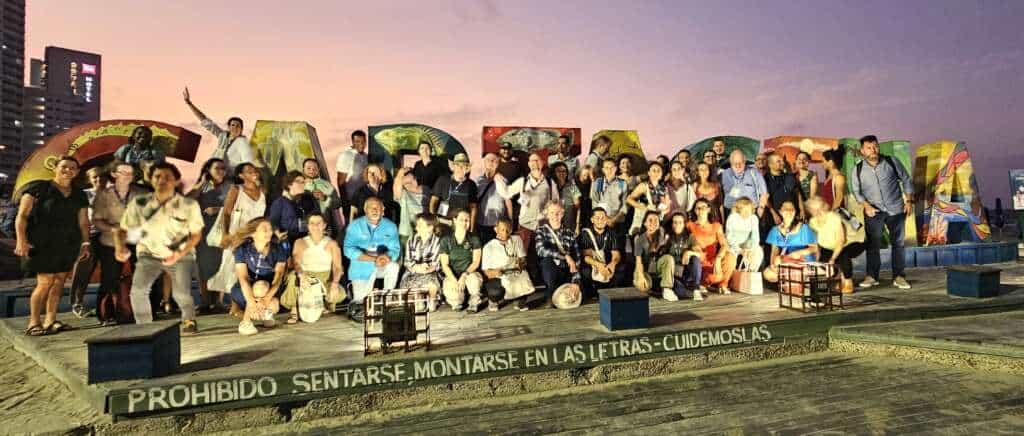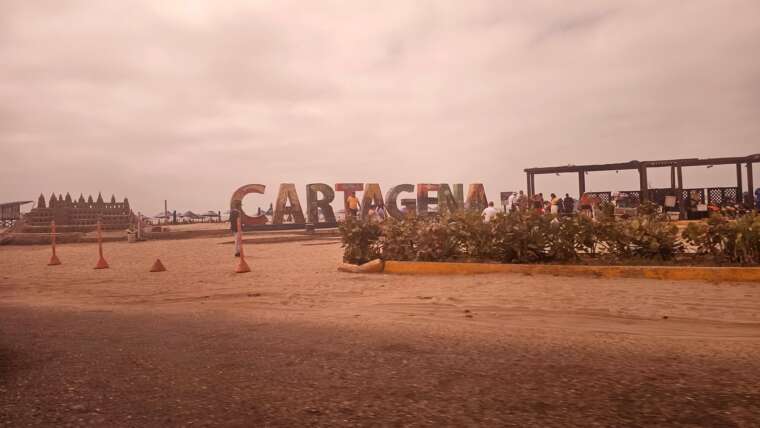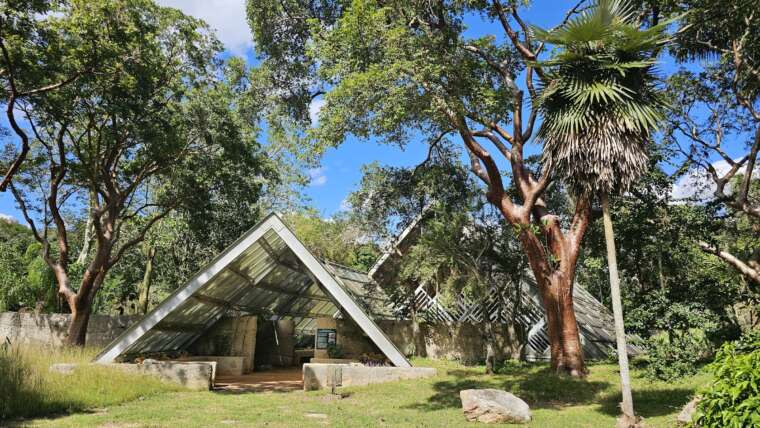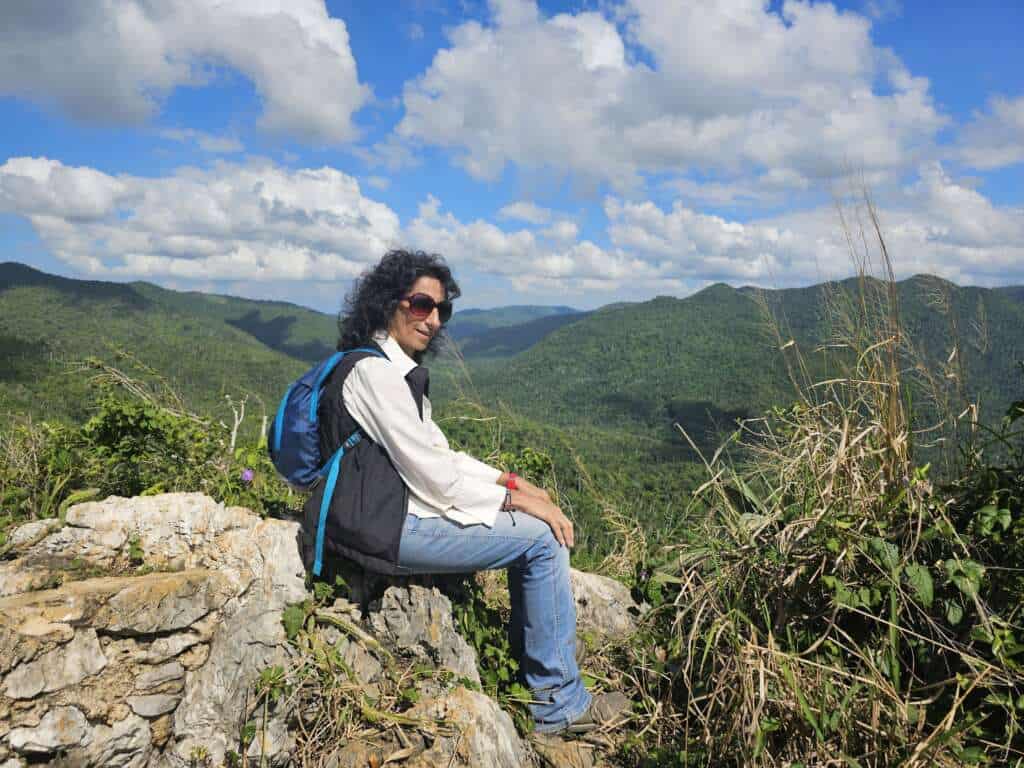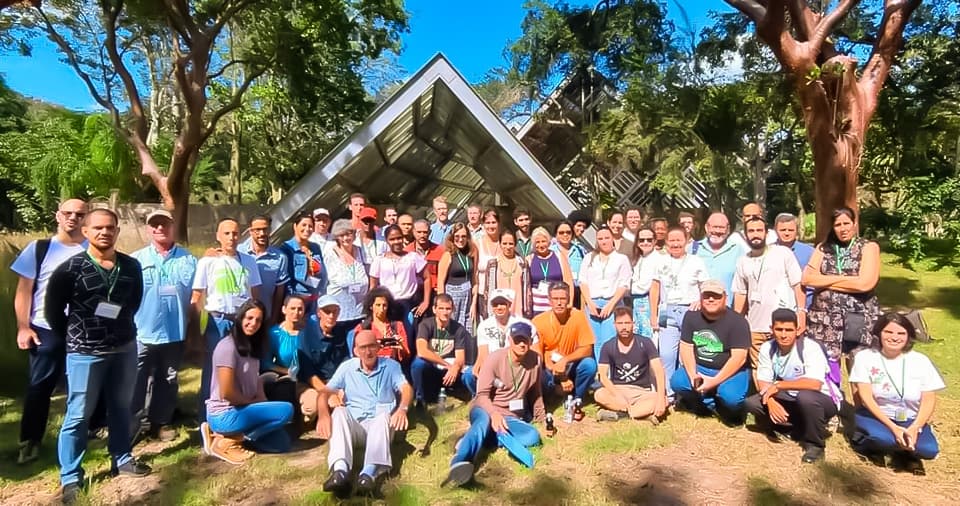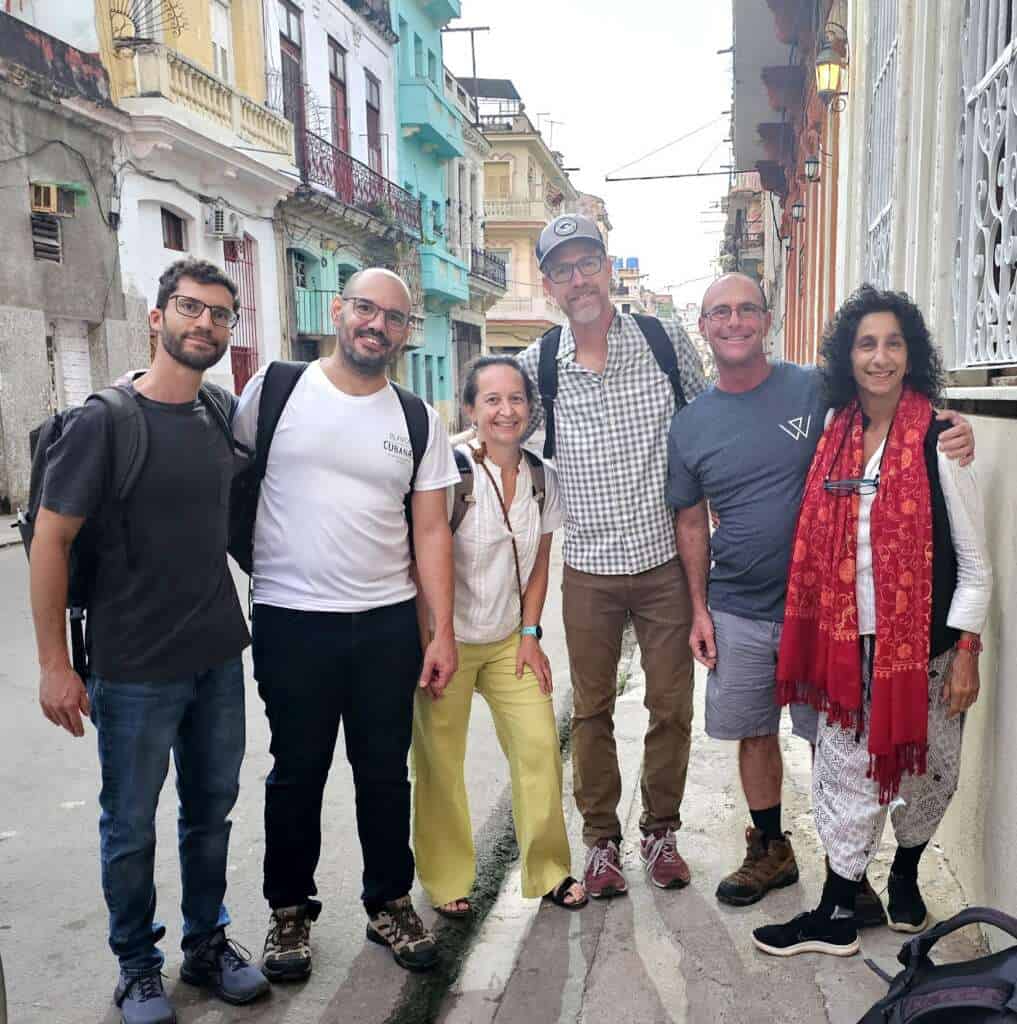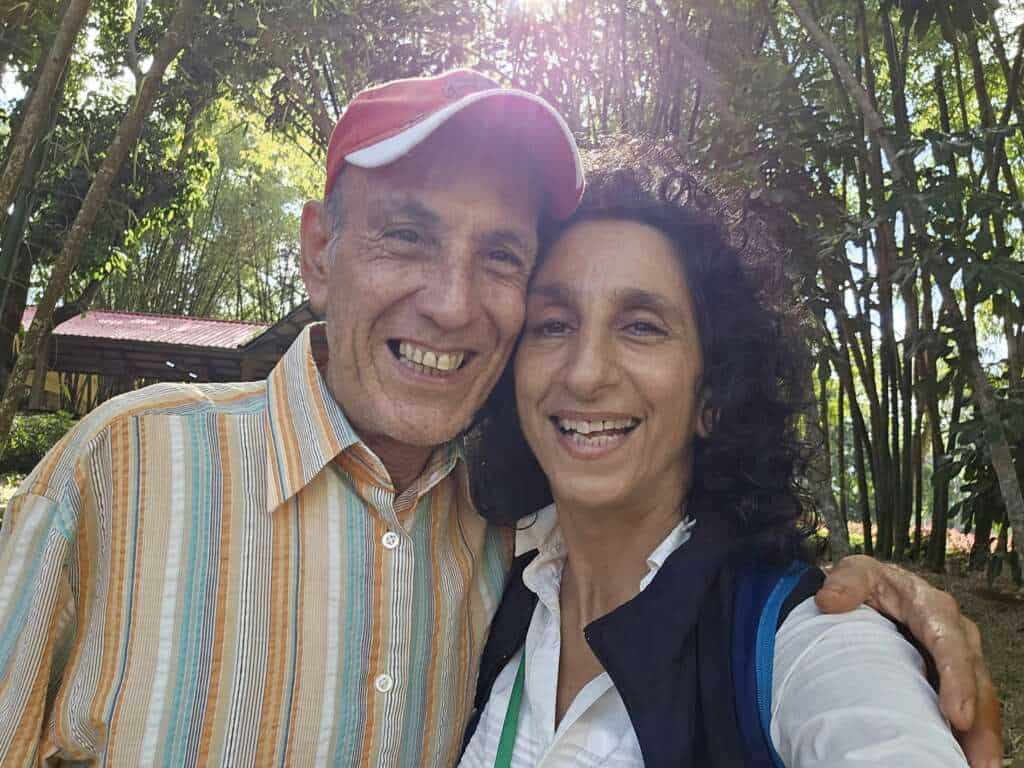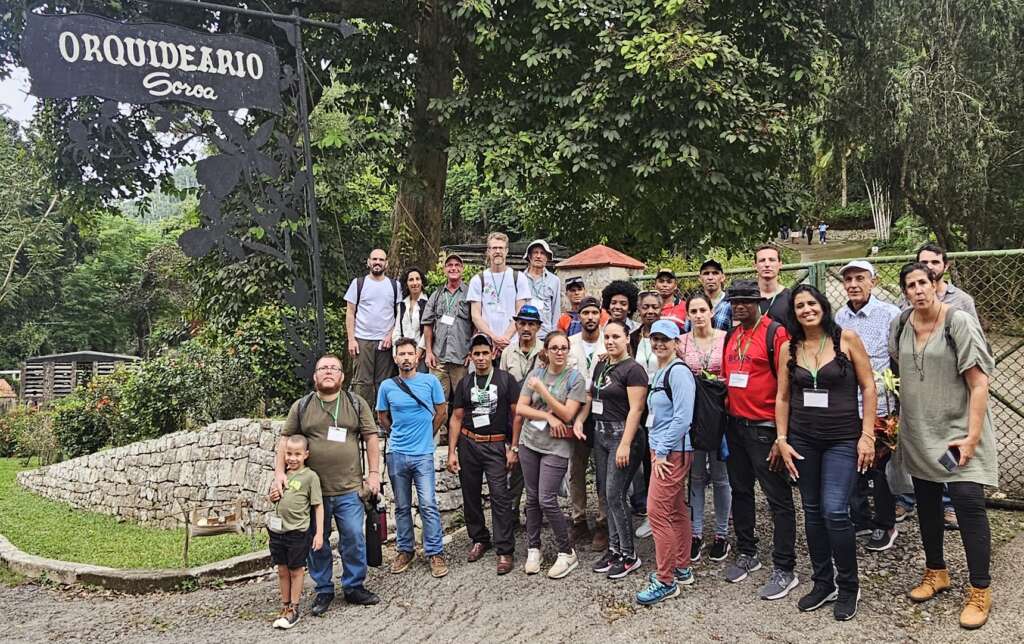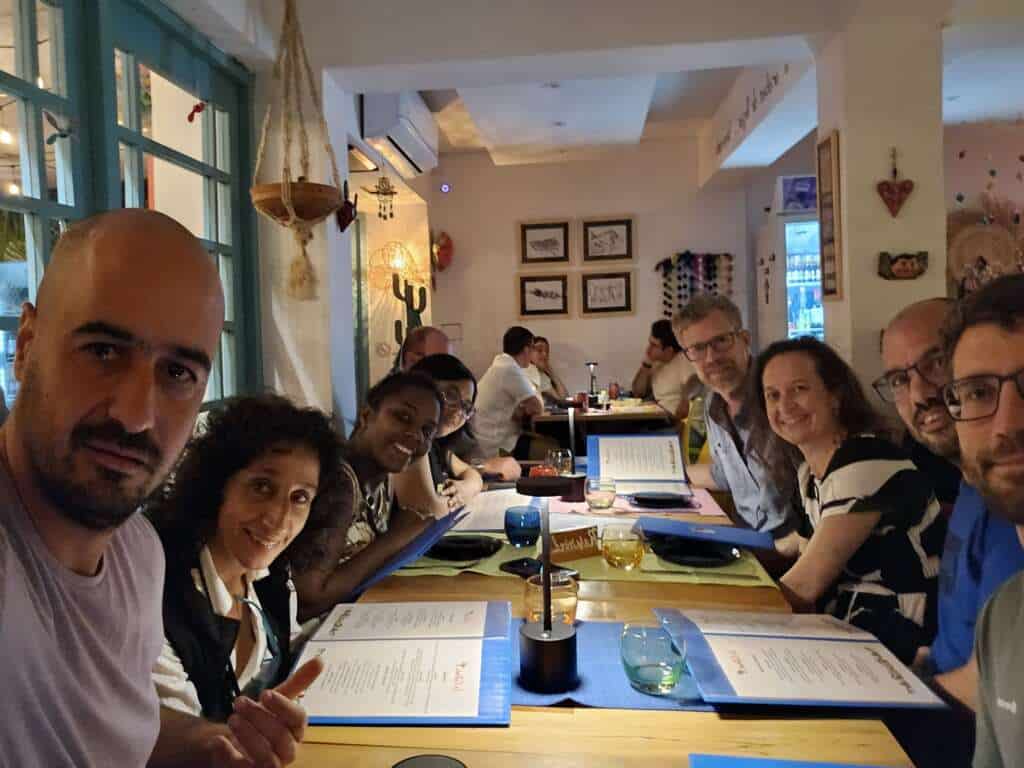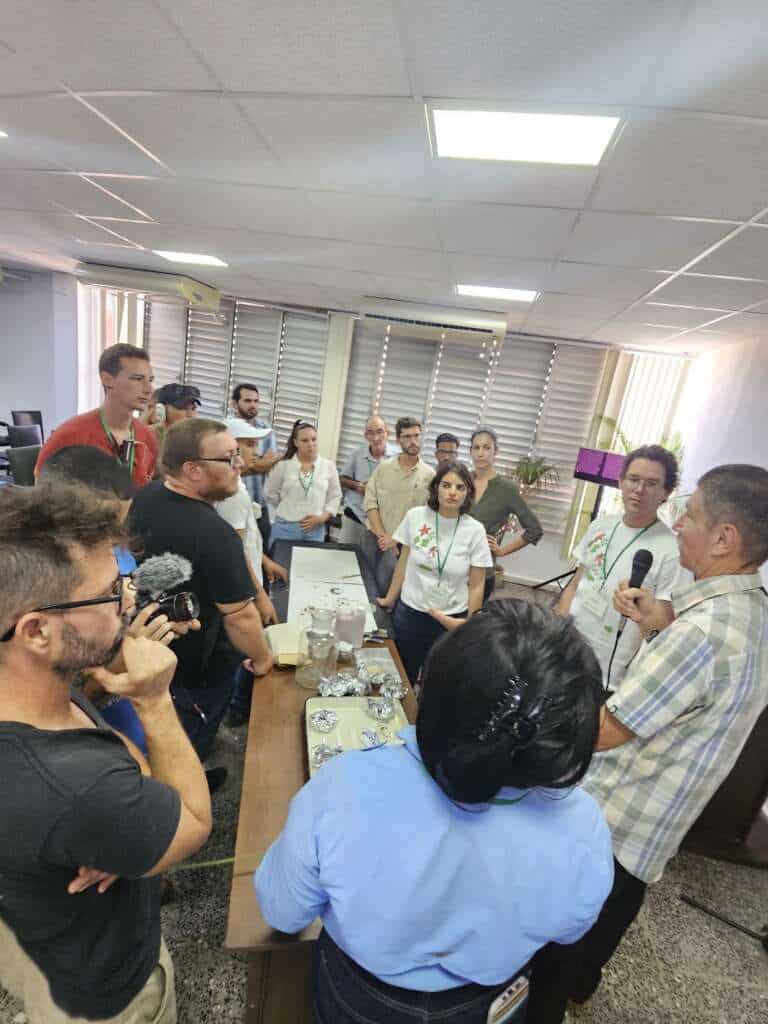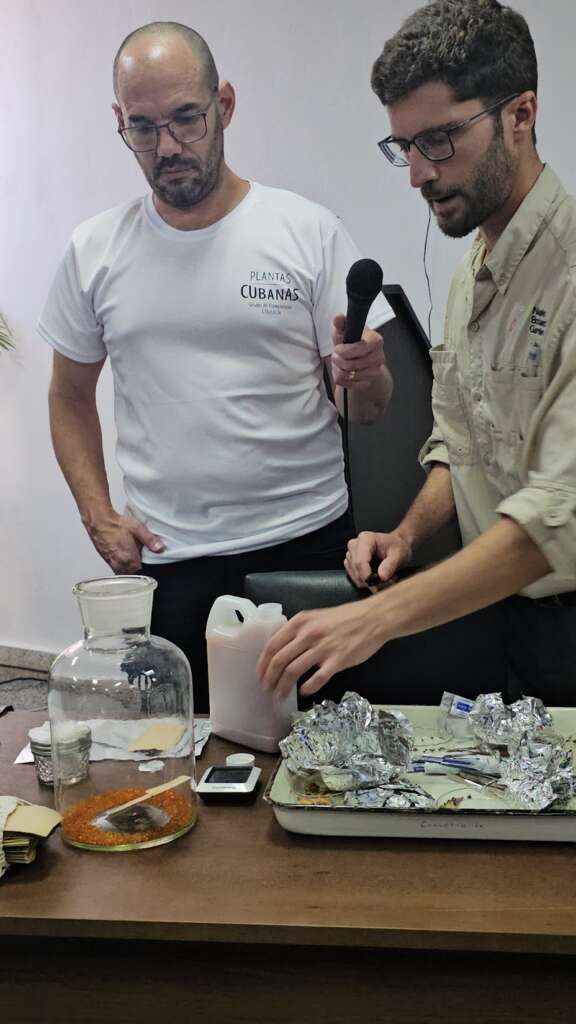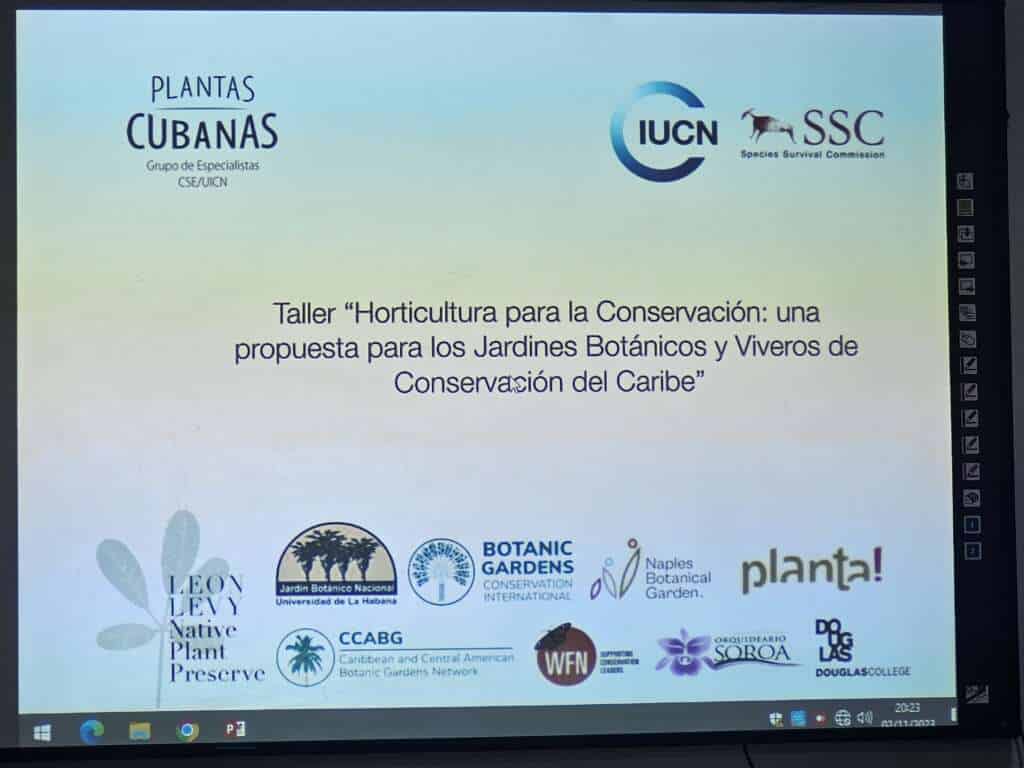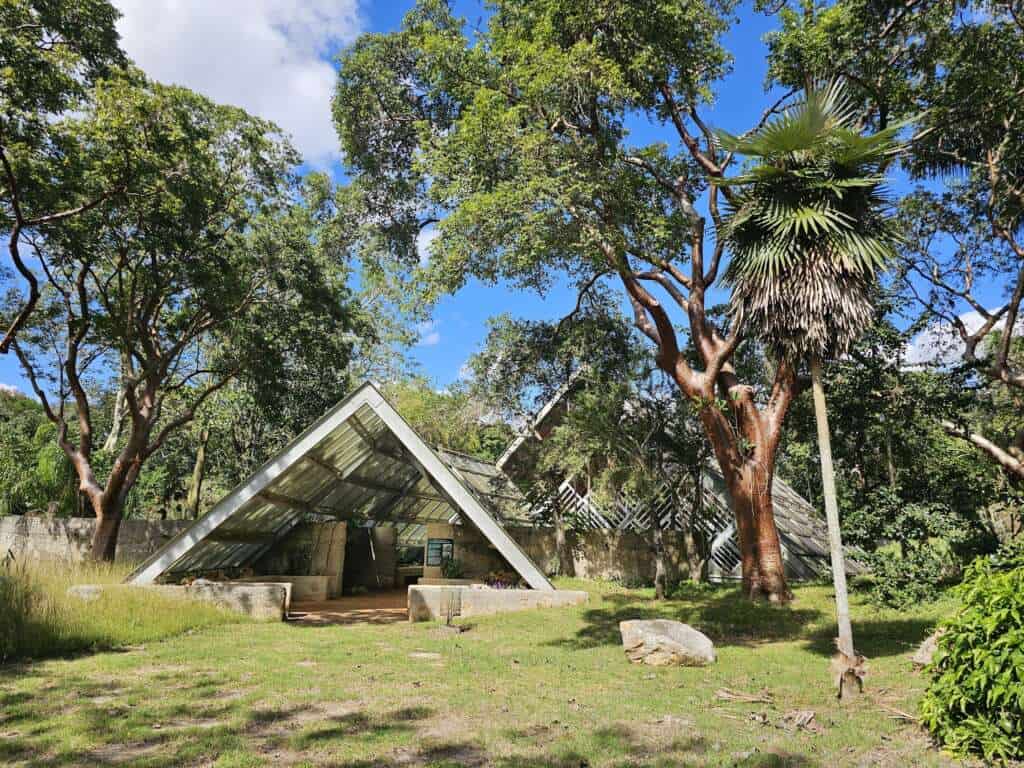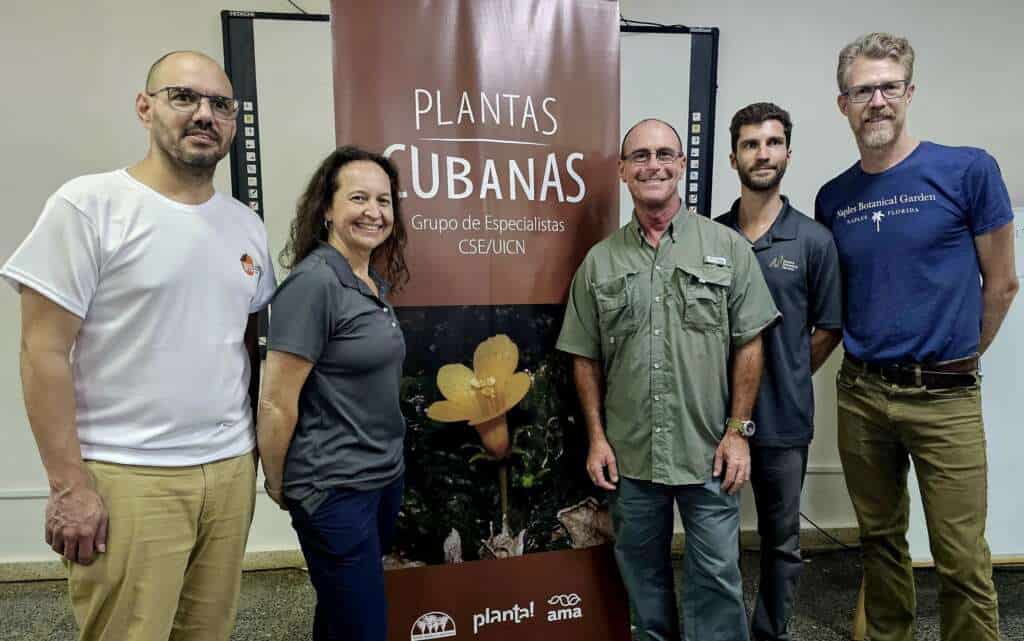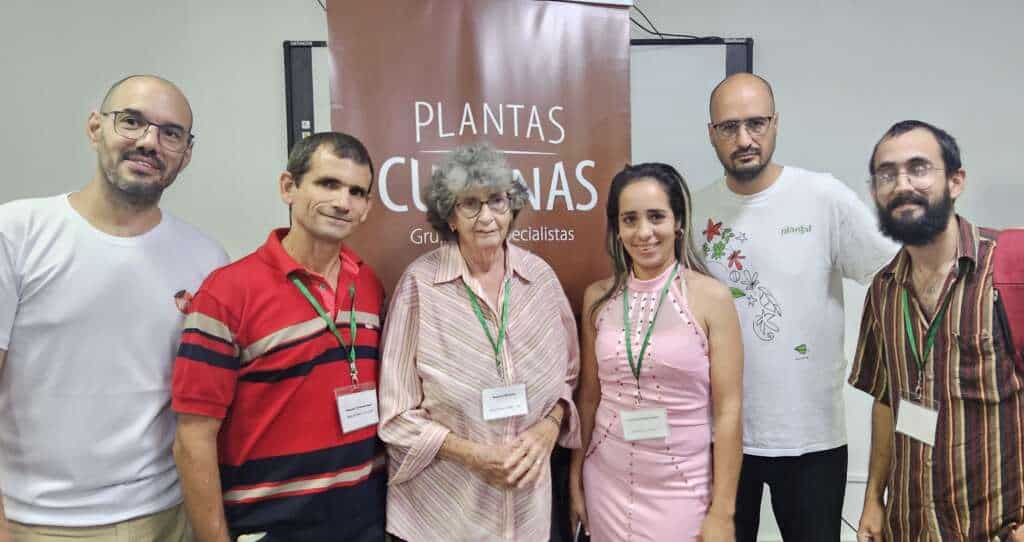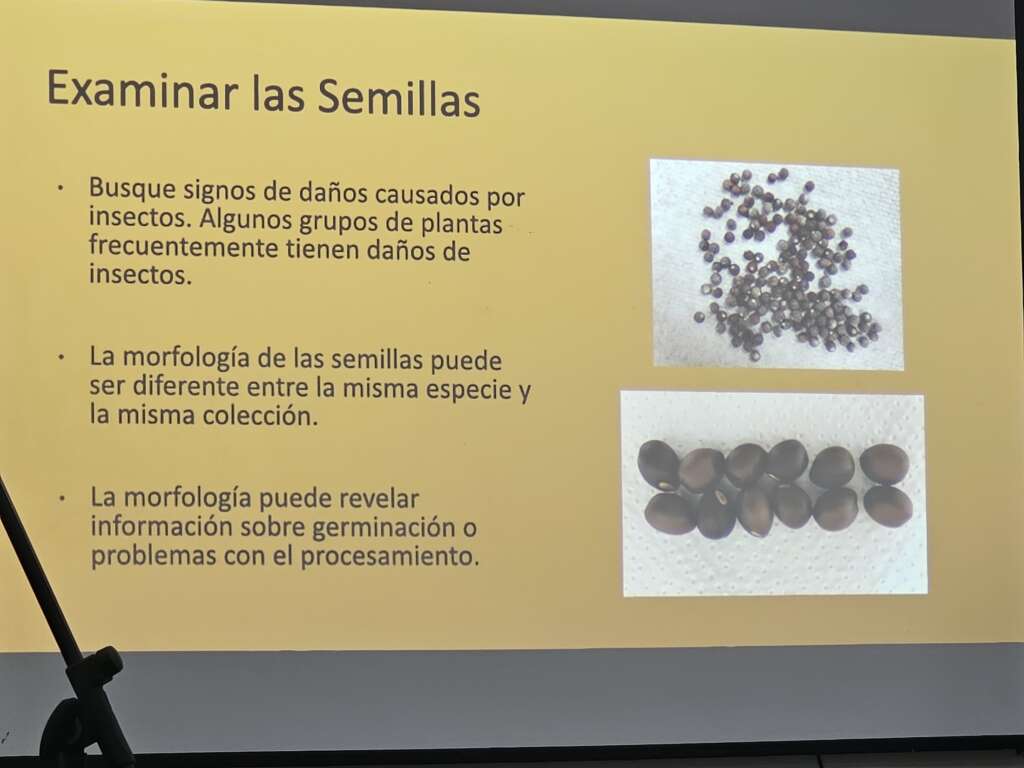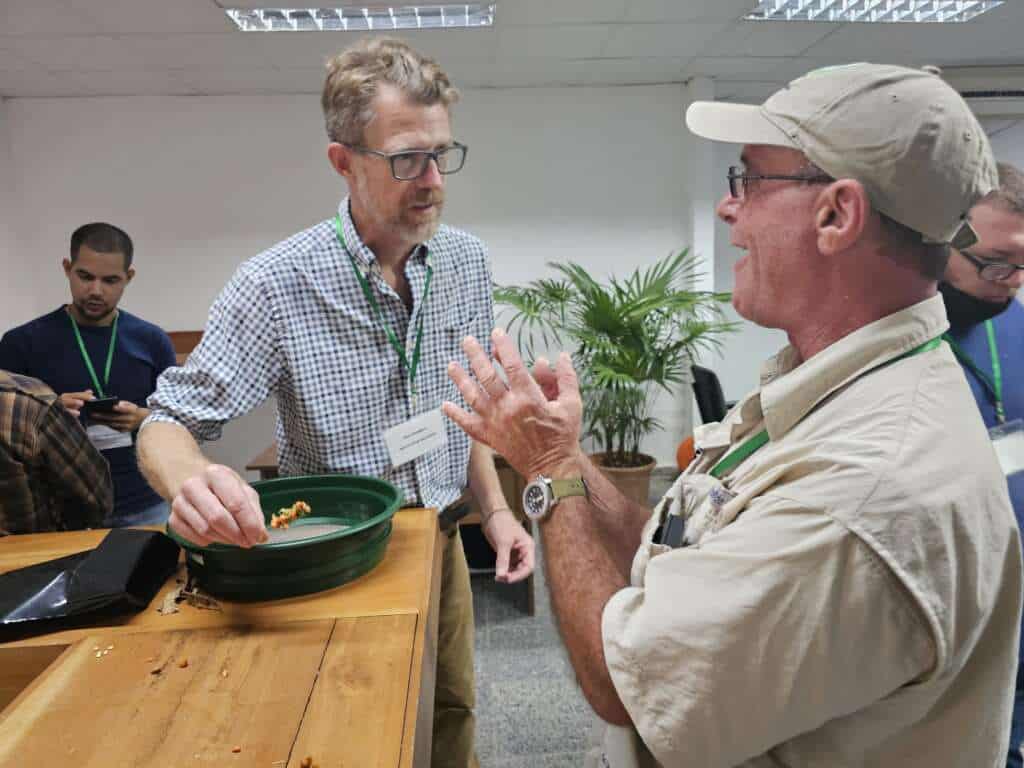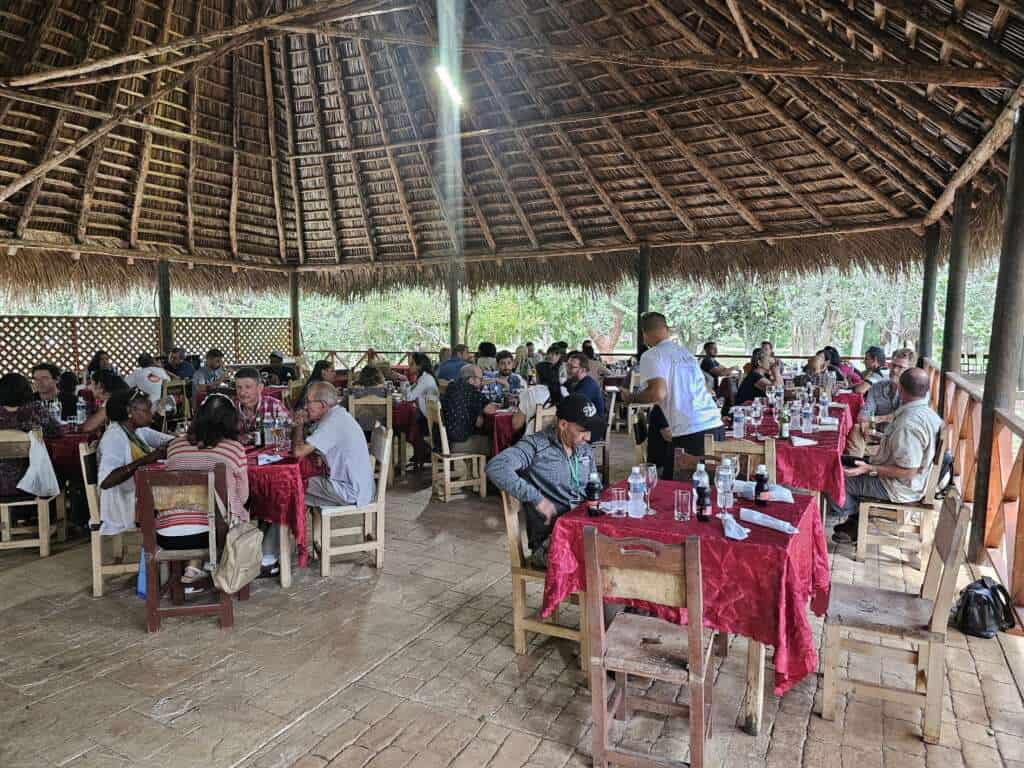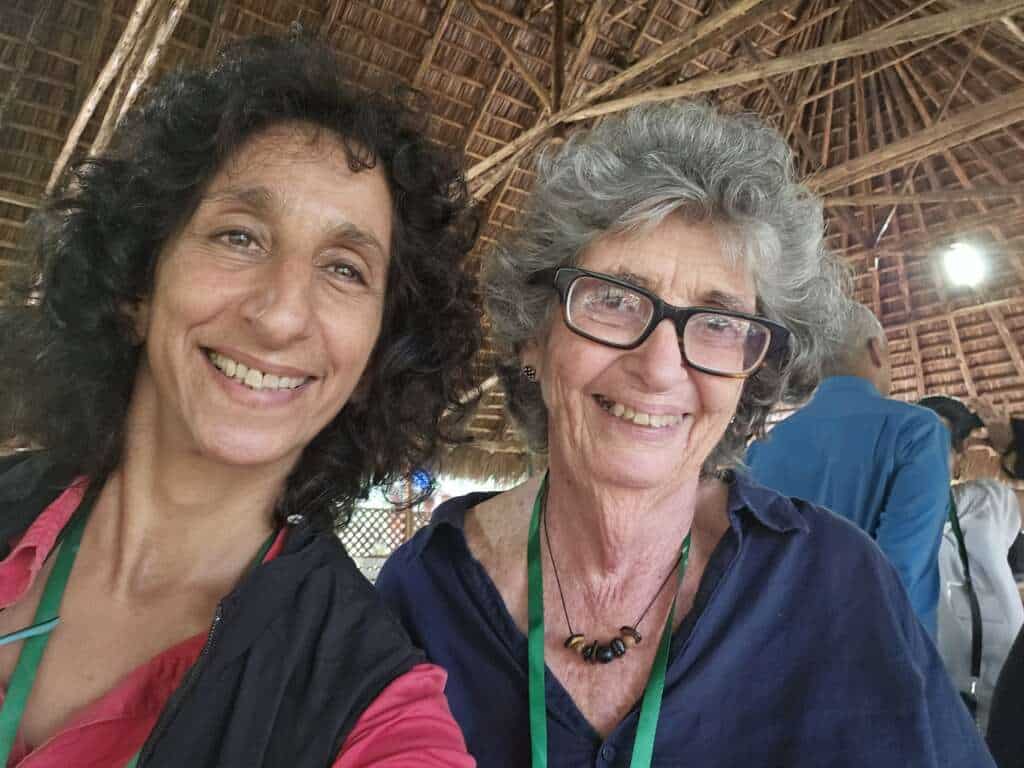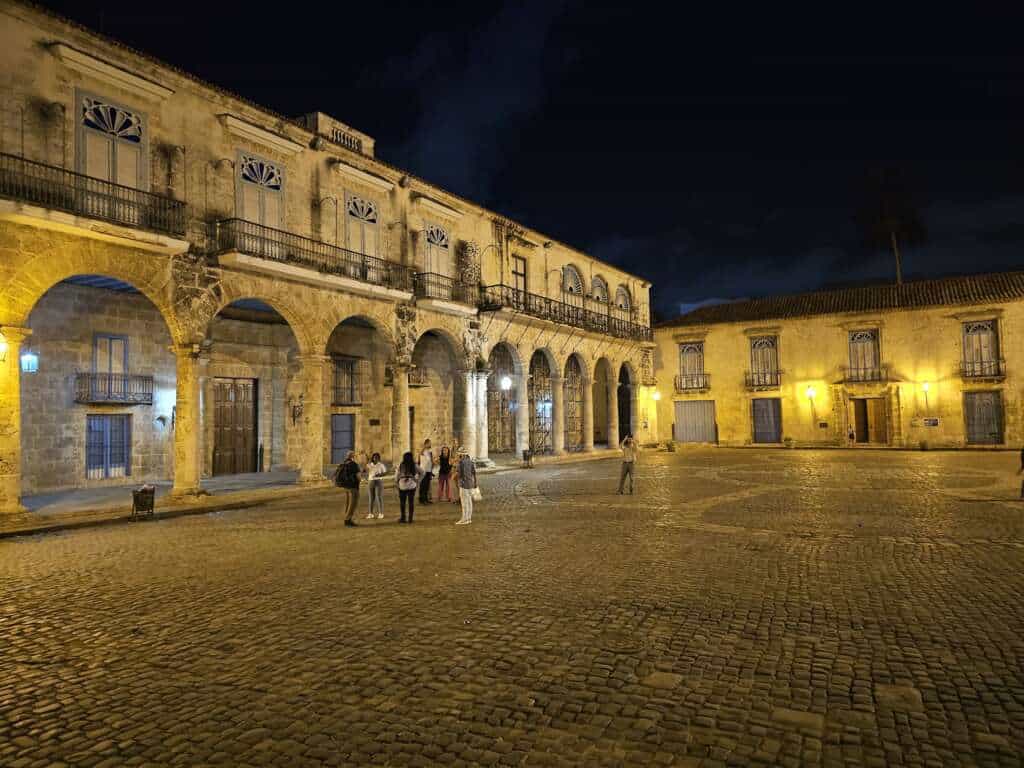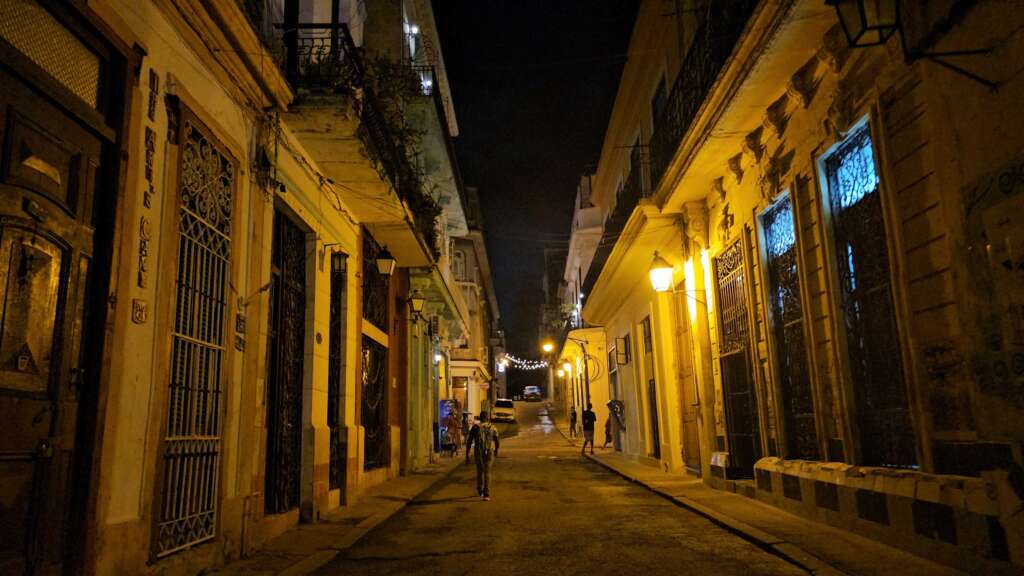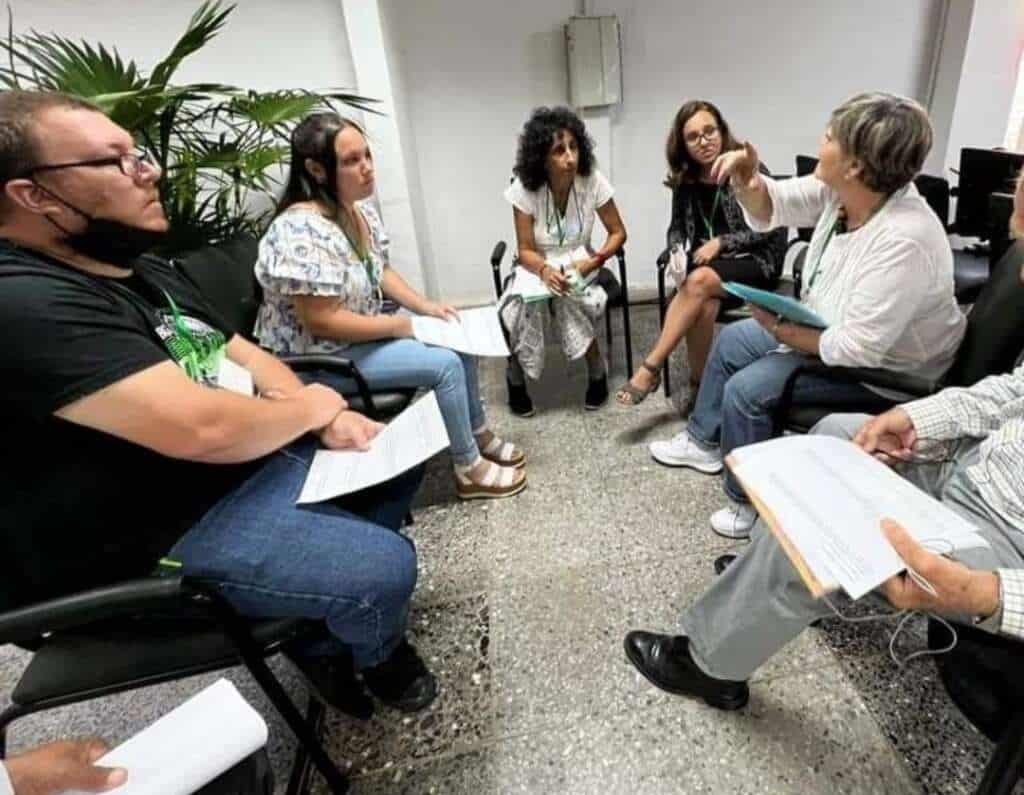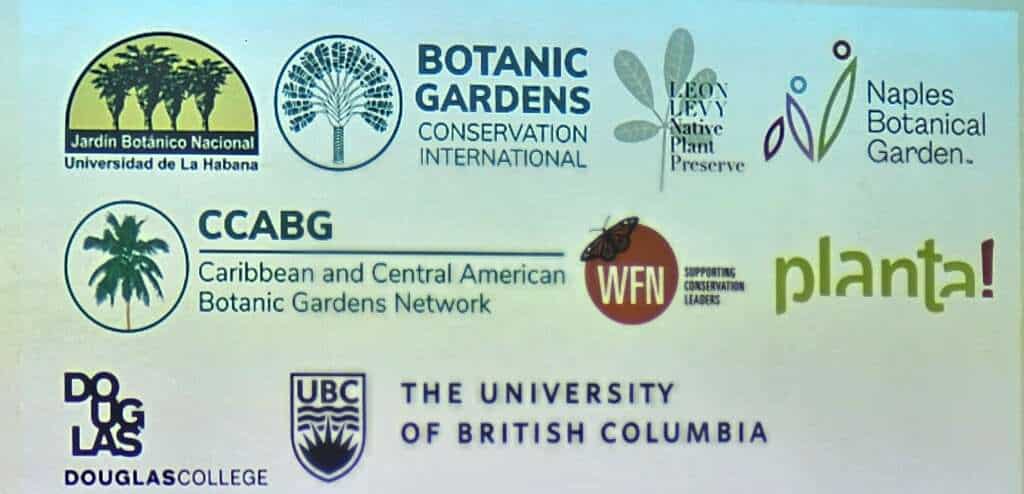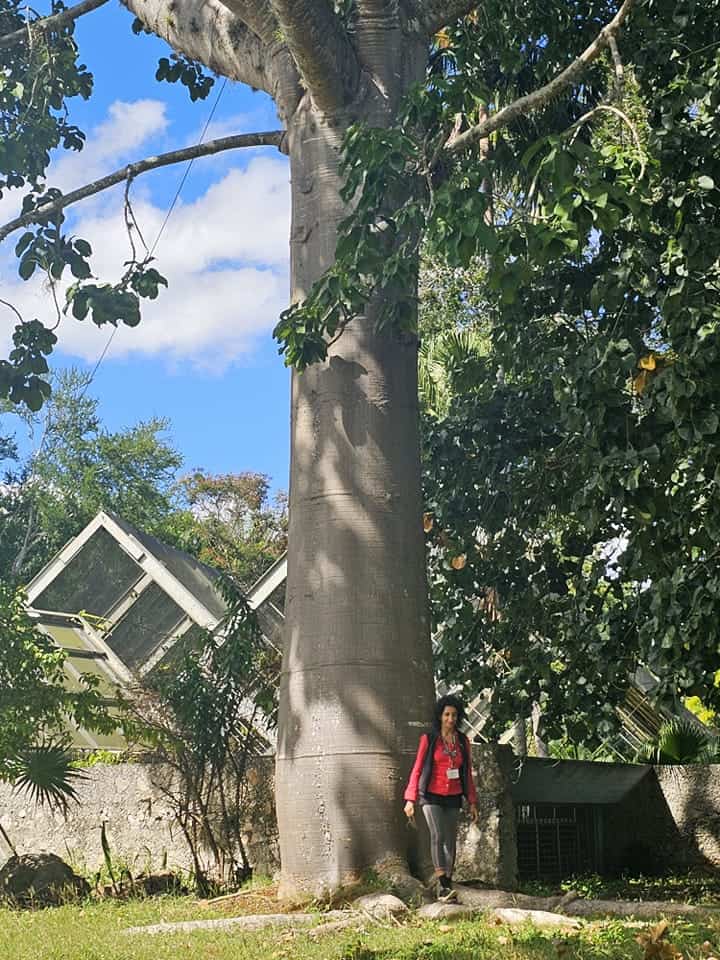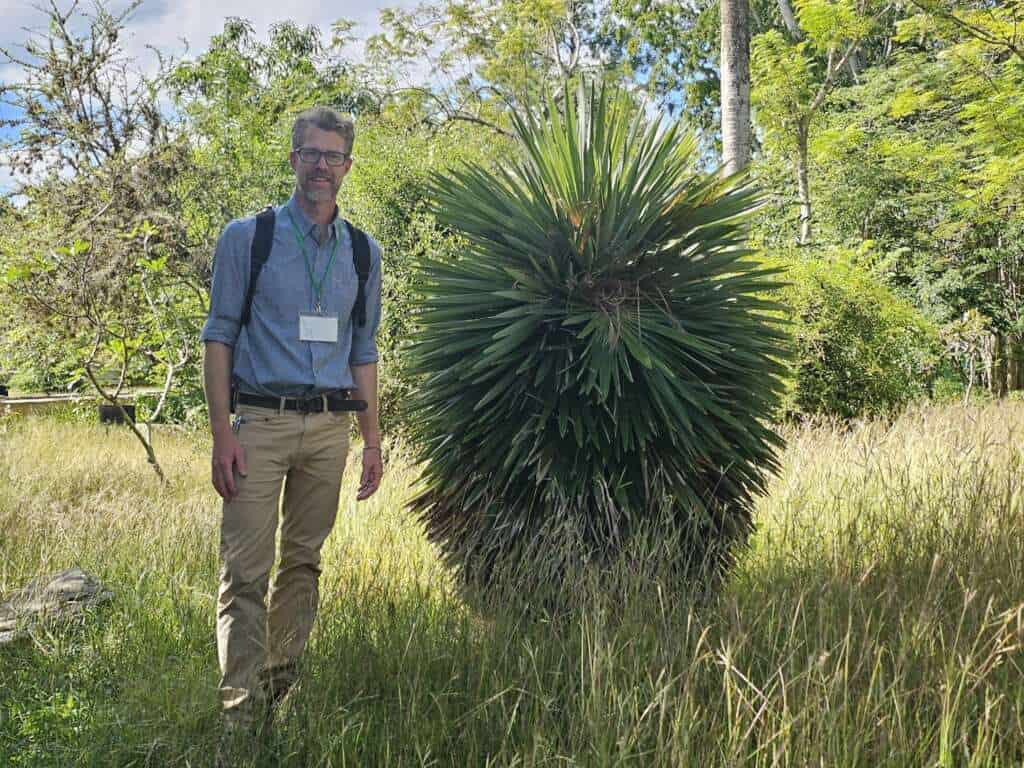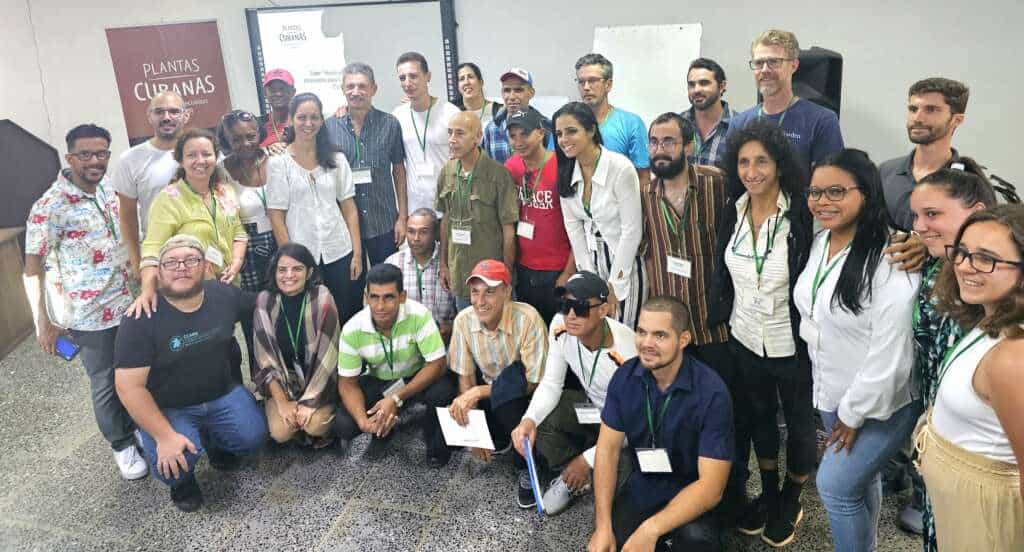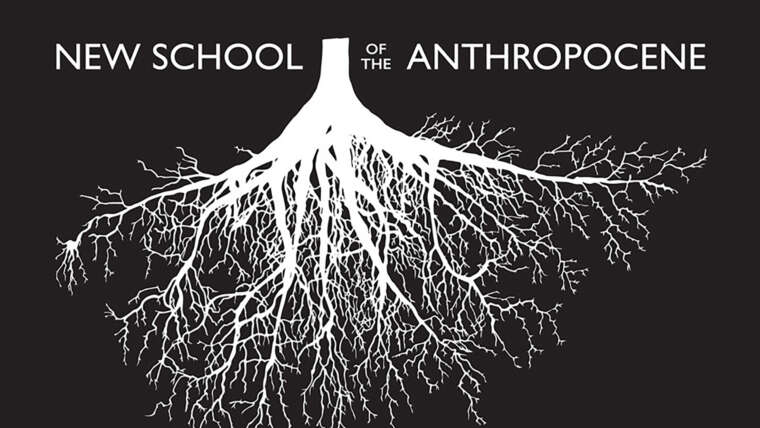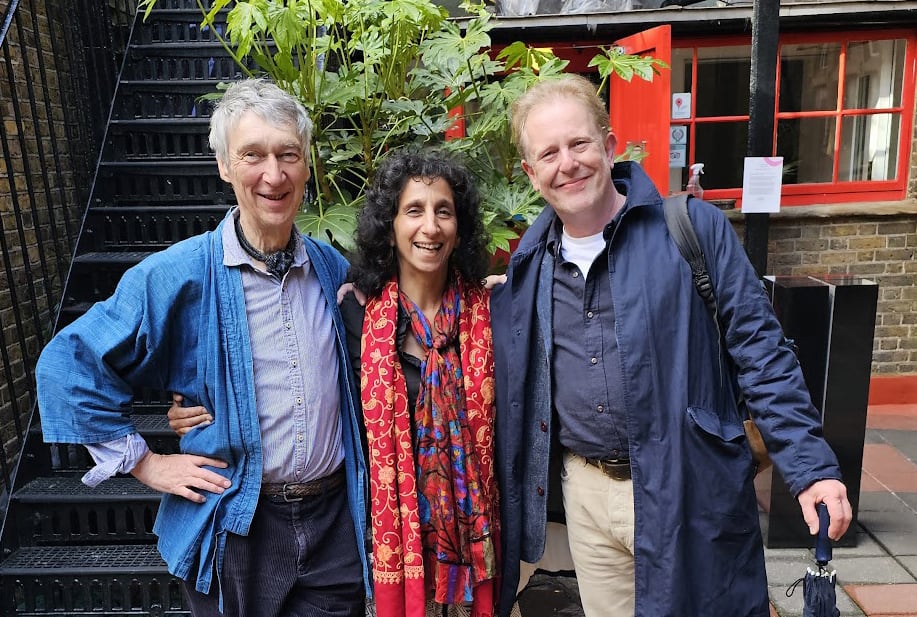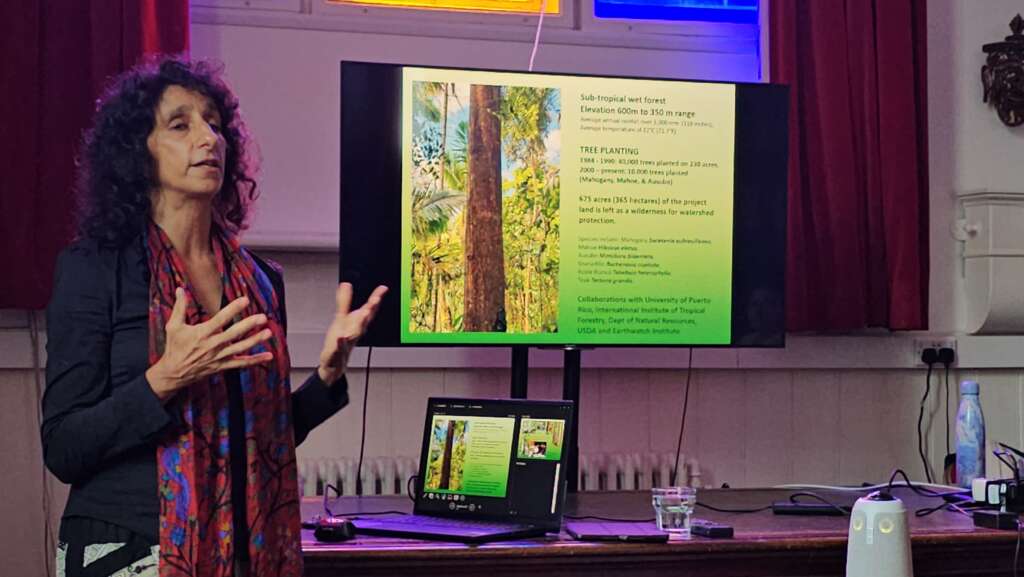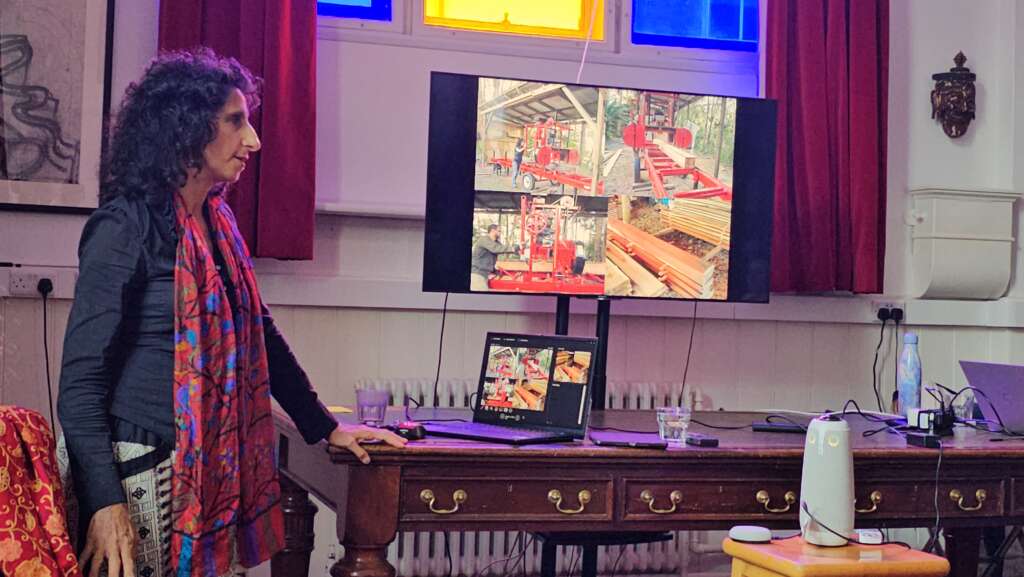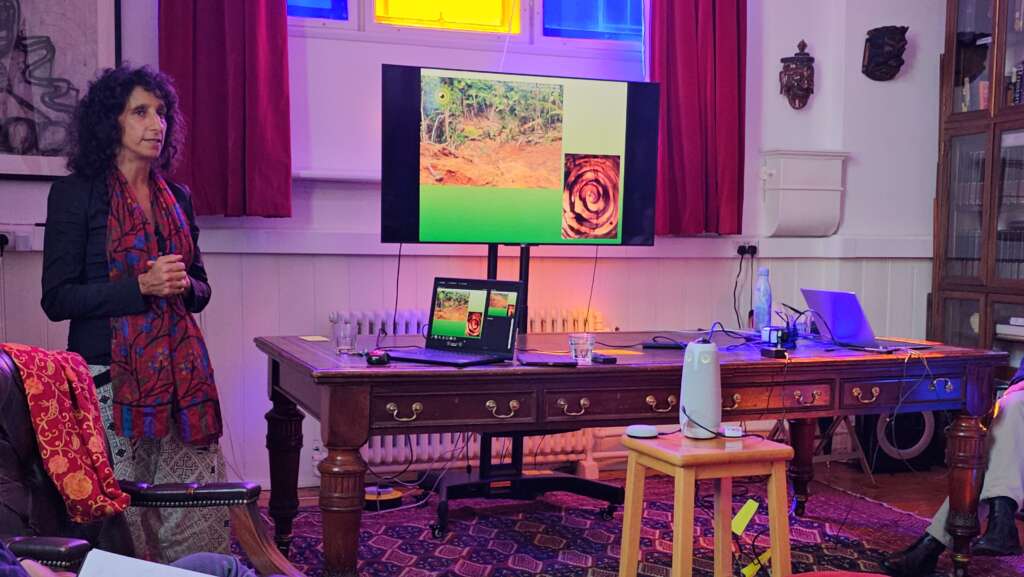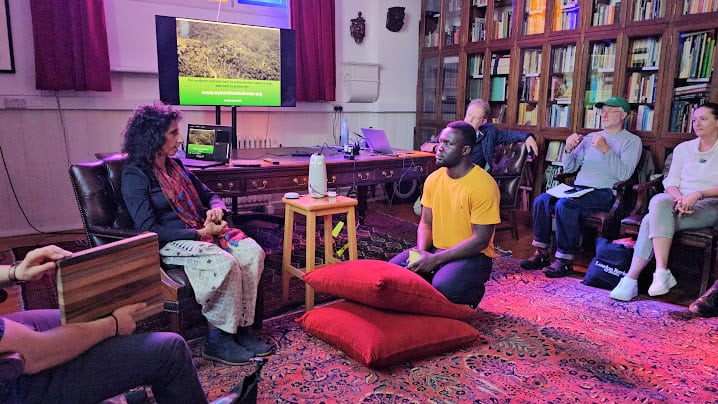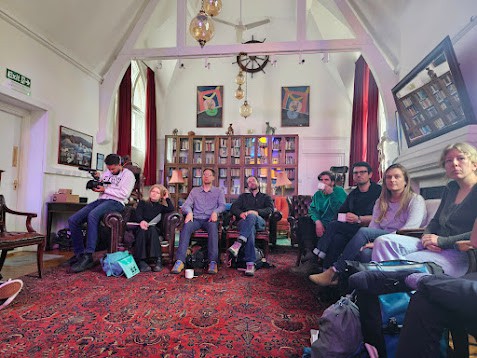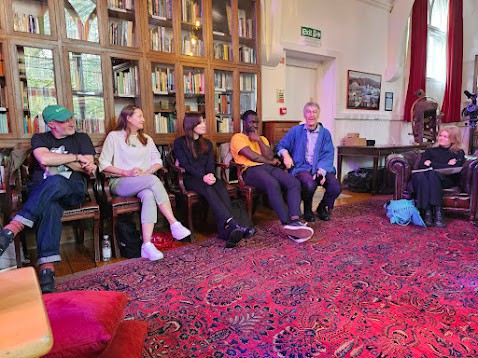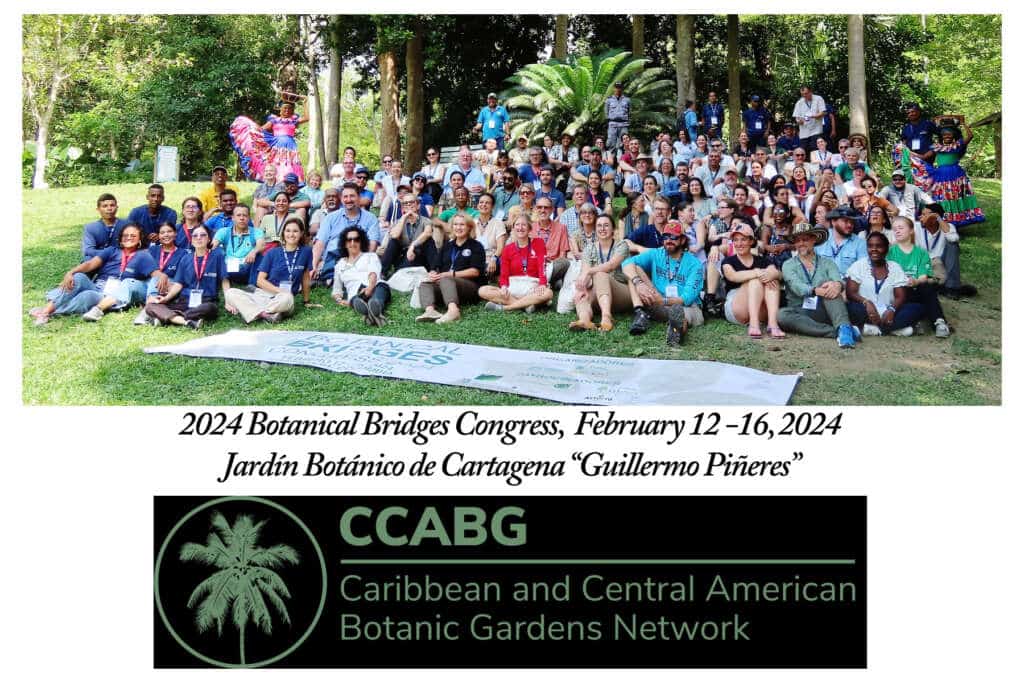
Notes from 3t: I have returned from the heart of Cartagena with renewed vigor and a treasure trove of insights. The Botanical Bridges Congress was not just a gathering; it was a clarion call to those of us dedicated to preserving the rich tapestry of plant diversity in the Caribbean and Central American region. This area, a cradle of unparalleled botanical wealth, hosts species that whisper the ancient tales of our planet’s green heritage, many of which find sanctuary nowhere else on Earth.
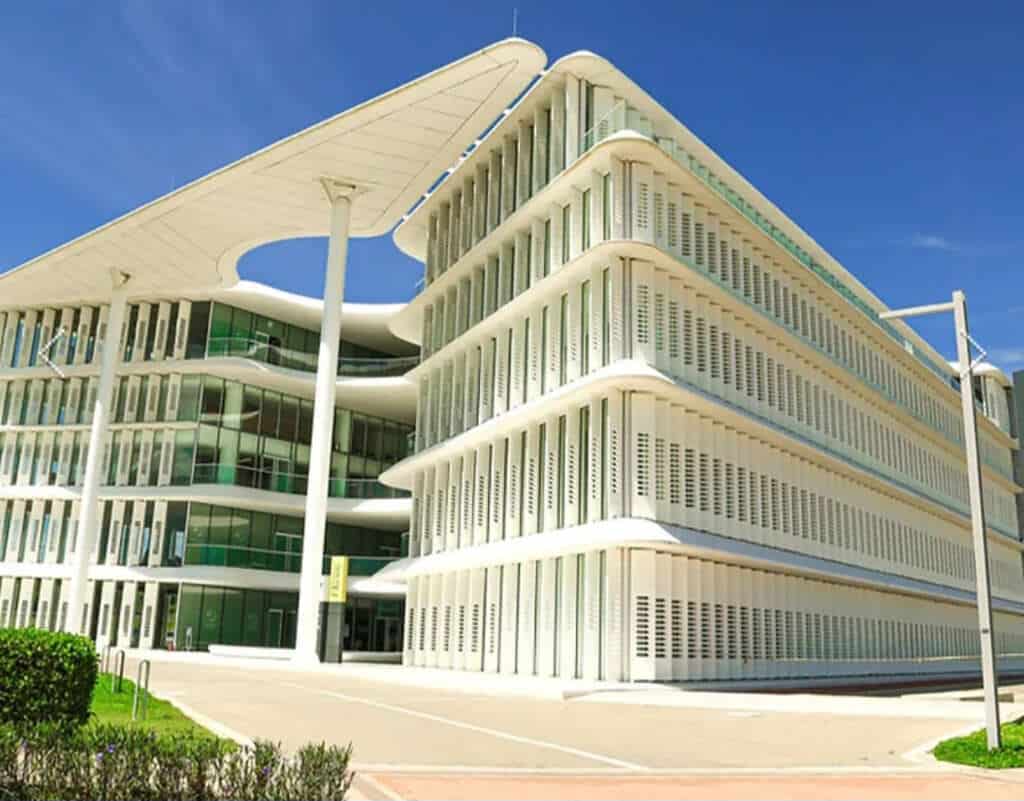
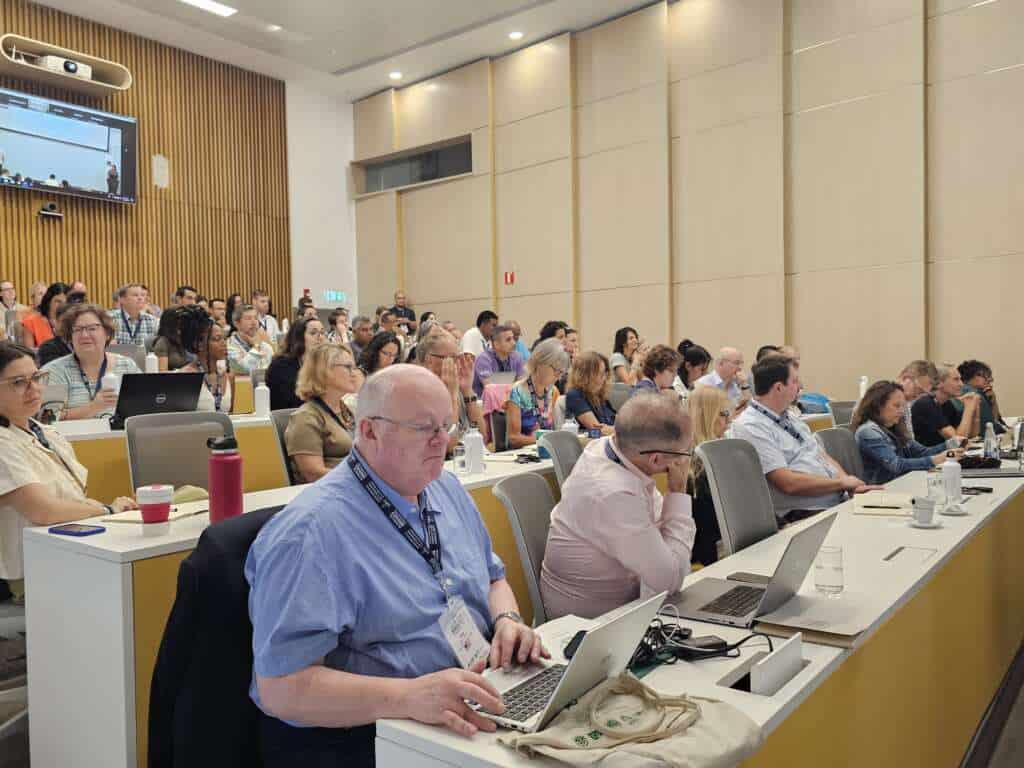
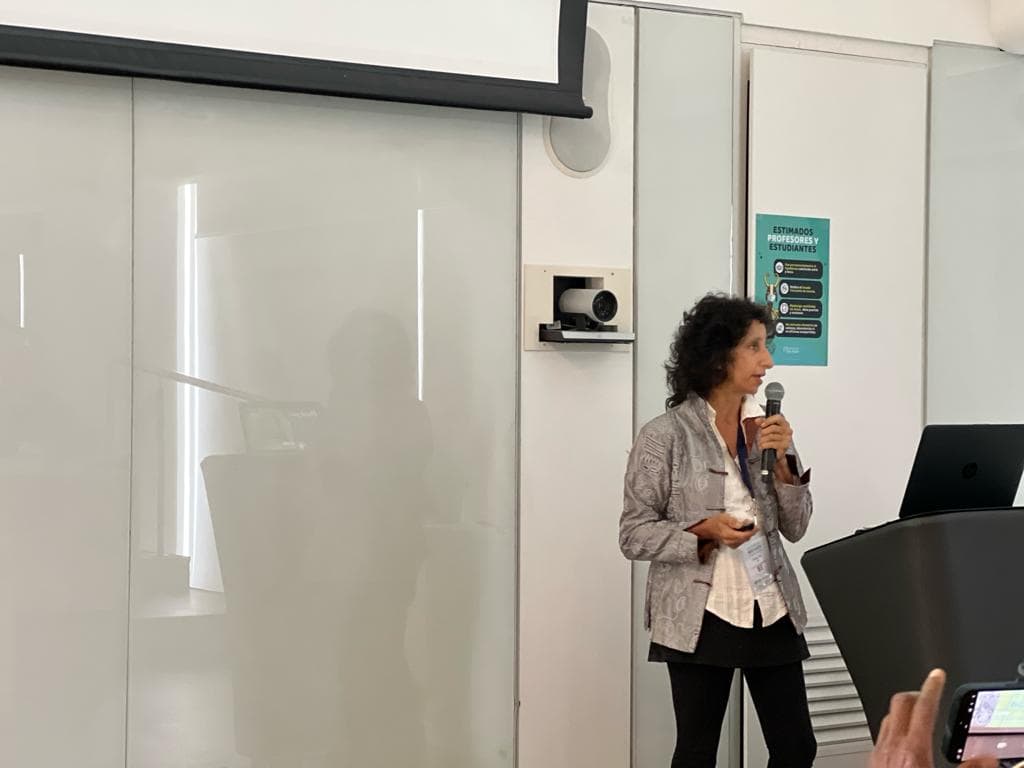
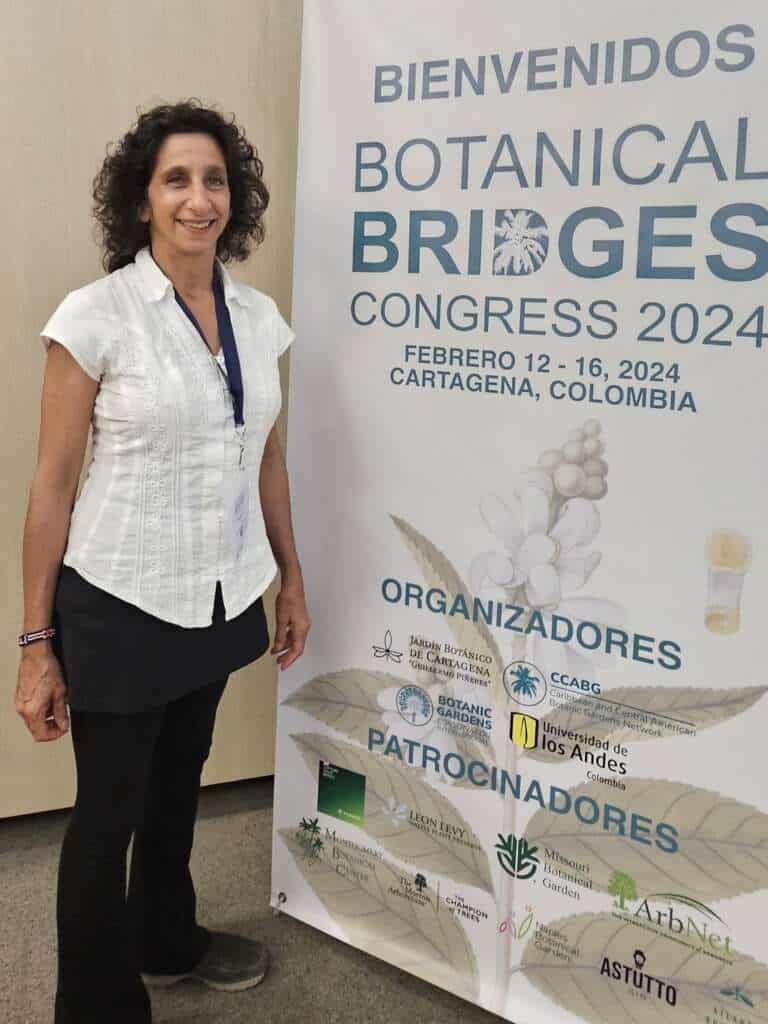
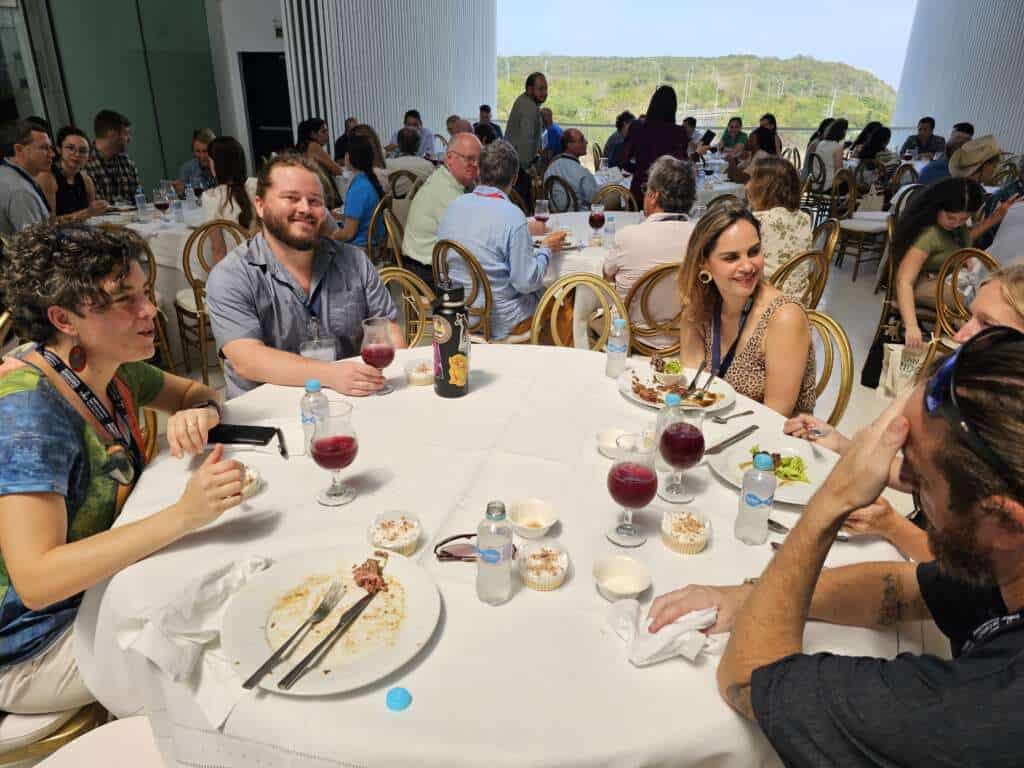
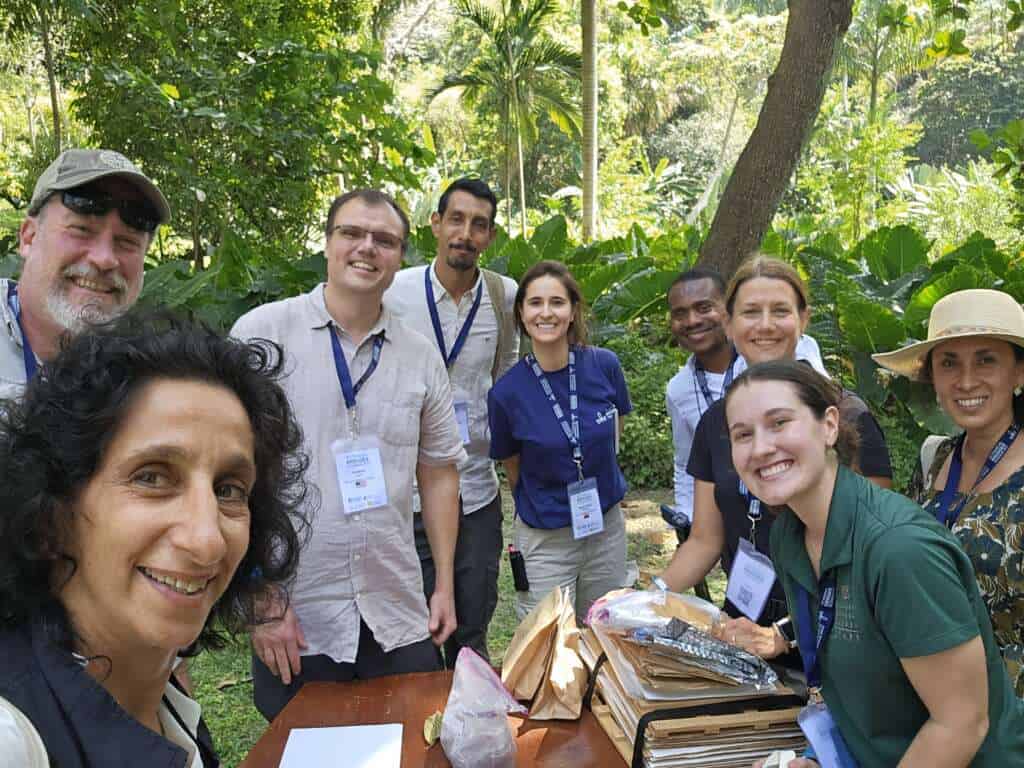
Yet, as we stand witness to the relentless threats of habitat destruction, invasive species encroachment, and the ever-looming specter of climate change, the urgency to act becomes ever more pressing. It is within this crucible of challenge that the power of collaboration shines through. The Congress underscored the indispensable role of forging and nurturing connections across the spectrum of institutions dedicated to plant conservation—a united front in the battle to protect our green legacy.
This year’s Botanical Bridges Congress, a testament to the collaborative spirit encouraged by the Caribbean and Central American Botanic Gardens Network (CCABGN) alongside past and present host organizations and the stalwart support of Botanic Gardens Conservation International (BGCI), was a melting pot of ideas, strategies, and shared dreams. The partnership forged in 2019 between Naples Botanical Garden (NBG) and BGCI, further strengthened by the appointment of a dedicated coordinator in 2022, exemplifies the collective commitment to bolstering the botanic garden community’s role in our region’s conservation efforts.
My contribution to this grand dialogue was a presentation entitled “Resilience in the Face of Natural Disasters: Conservation Efforts and Challenges for Endangered Endemic Species at Eye On The Rainforest,” aimed at casting a spotlight on the critical yet often overlooked aspect of our work: the resilience and recovery of ecosystems in the aftermath of natural calamities, such as 2017’s Hurricane Maria, and 2022’s Hurricane Fiona. Sharing our experiences and lessons learned, we delve into the essence of what it means to protect and nurture the fragile bastions of biodiversity that are endemic species.
The congress was an extraordinary confluence of minds and missions, and my heart is full of gratitude for our gracious hosts, Santiago Madrinan and Maria Contreras, leaders of Jardín Botánico de Cartagena “Guillermo Piñeres, and their diligent and extremely fun team of students from the university. Their hospitality and meticulous planning set the stage for a truly impactful gathering. The food was spectacular!
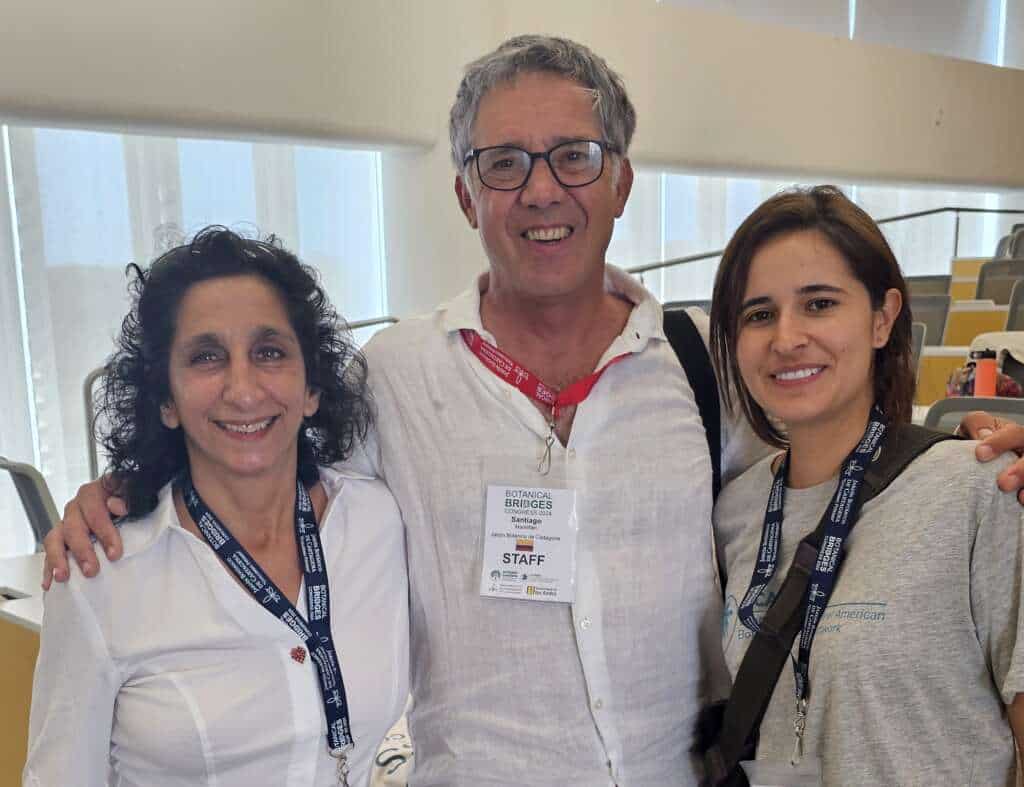
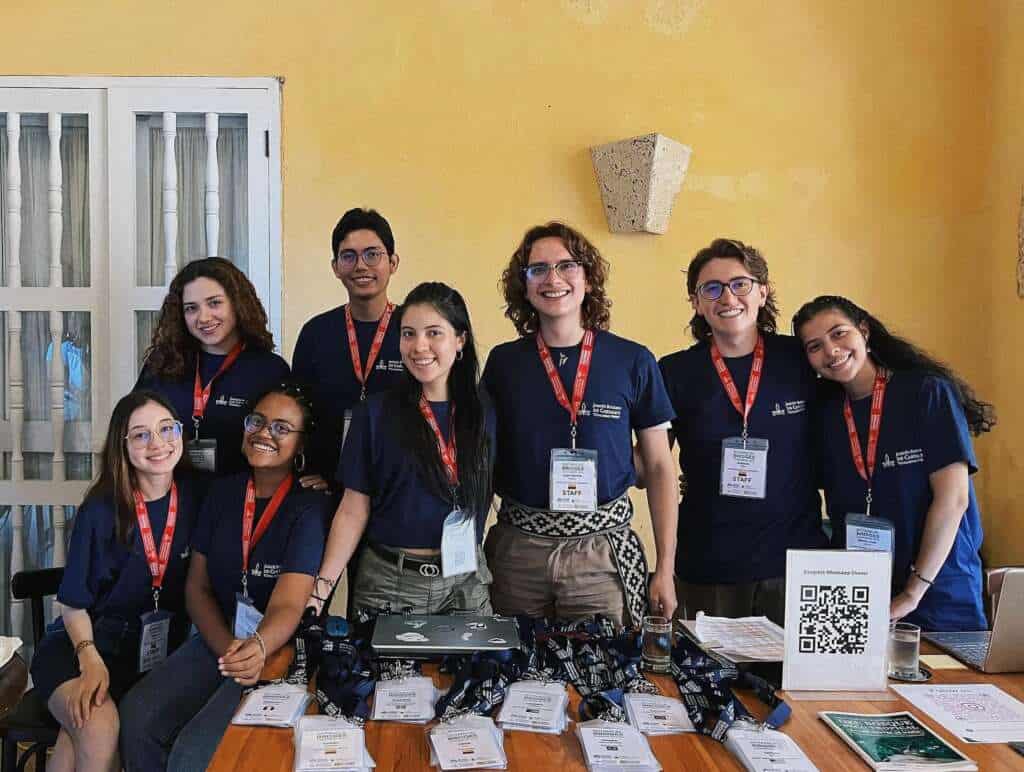
Special thanks are also due to Chad Washburn (NBG), Noelia Alvarez (BGCI), Lina Ramirez (BGCI), and Andrew Wyatt (Missouri Botanical Gardens), whose support made my participation possible, covering the logistical necessities that often pose barriers to sharing our voices and visions. Also, thanks to Patricia Malcolm (BGCI), who has been key in accepting our proposals for continued work with endangered endemic species in Puerto Rico.
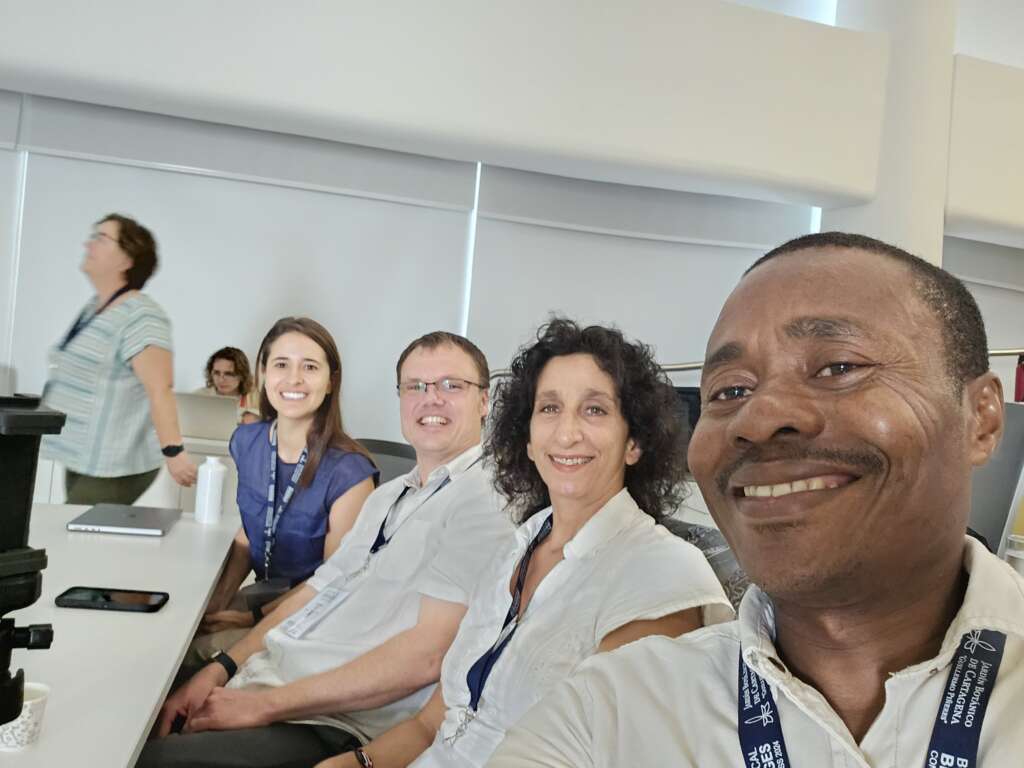
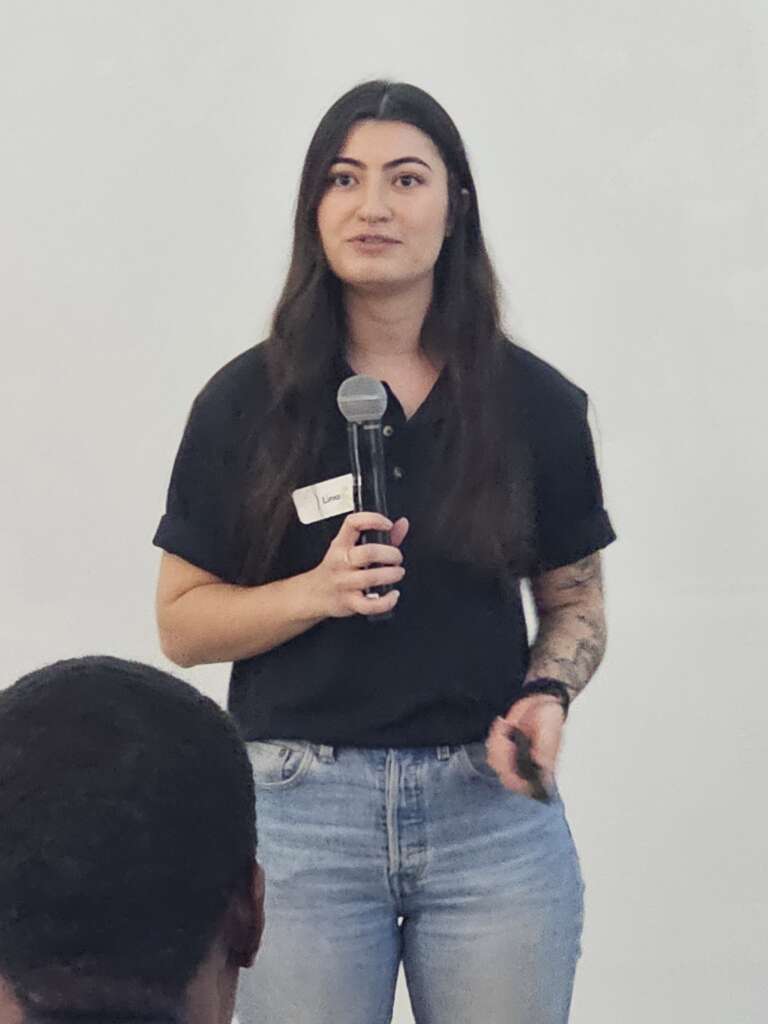
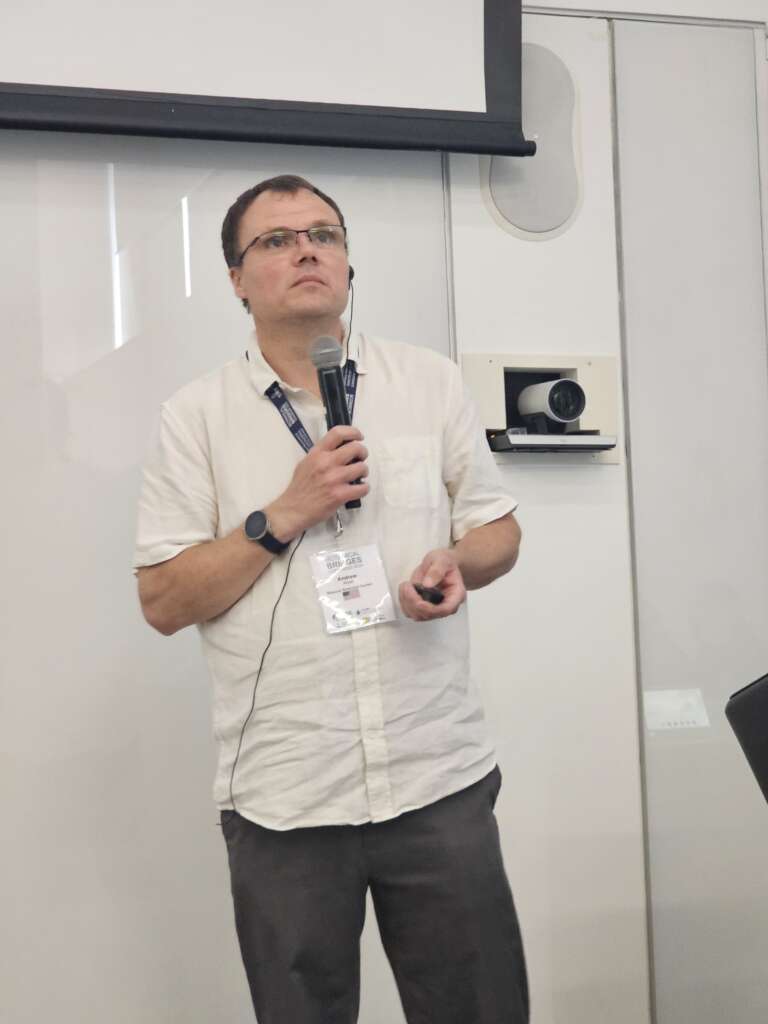
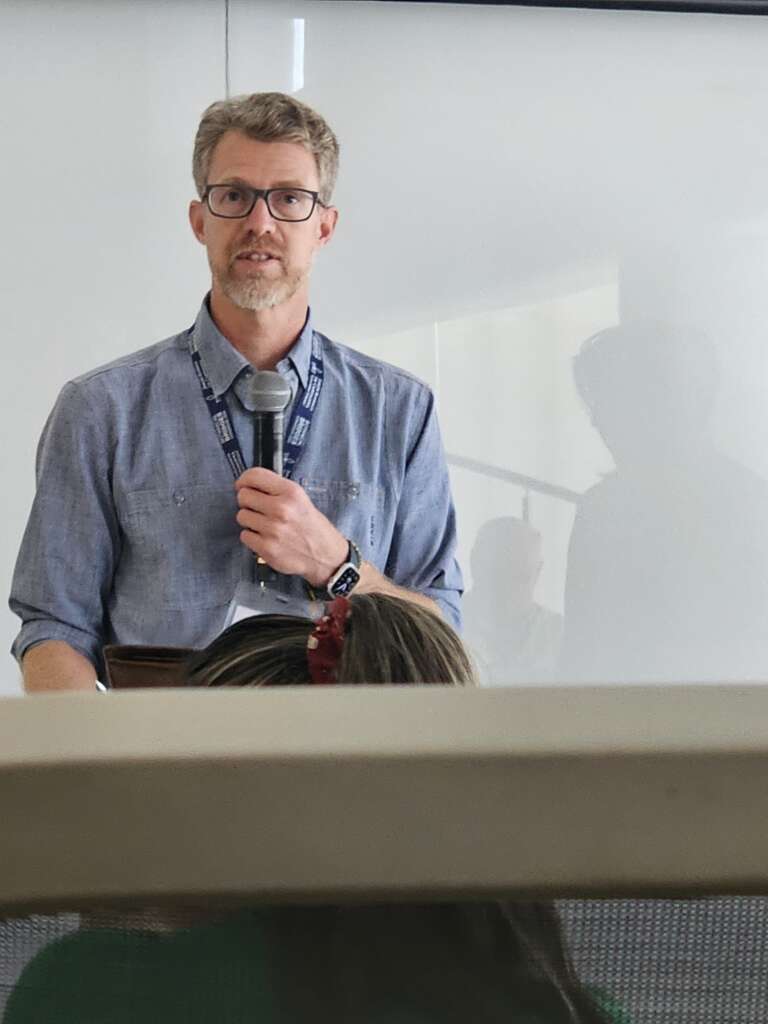
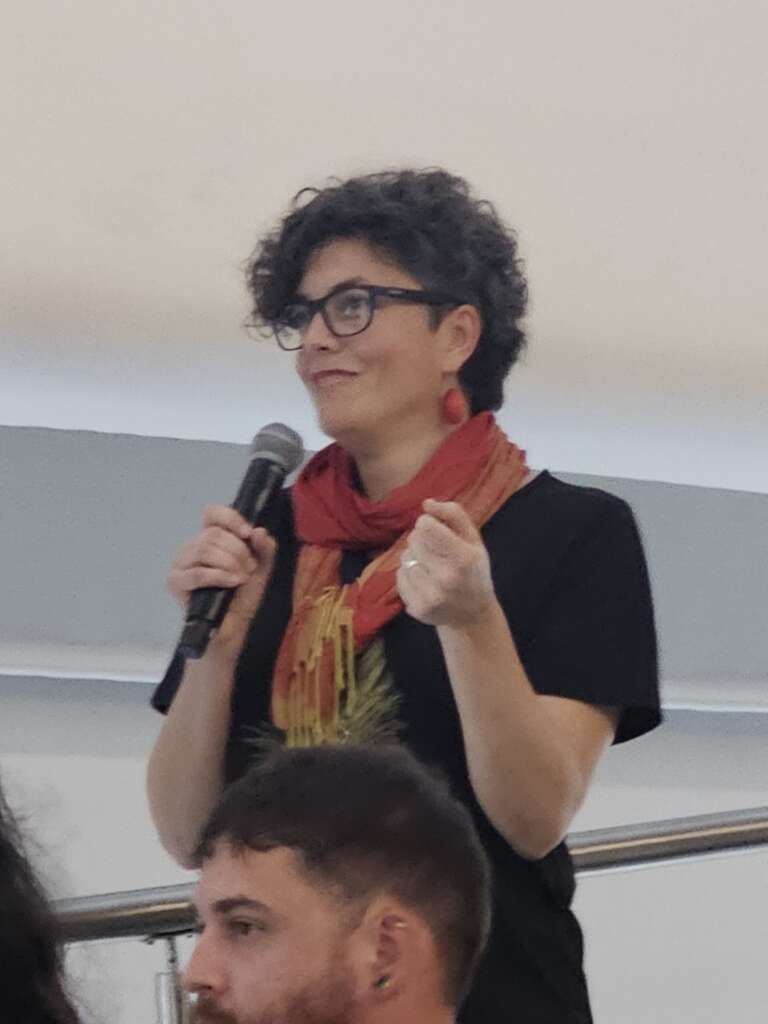
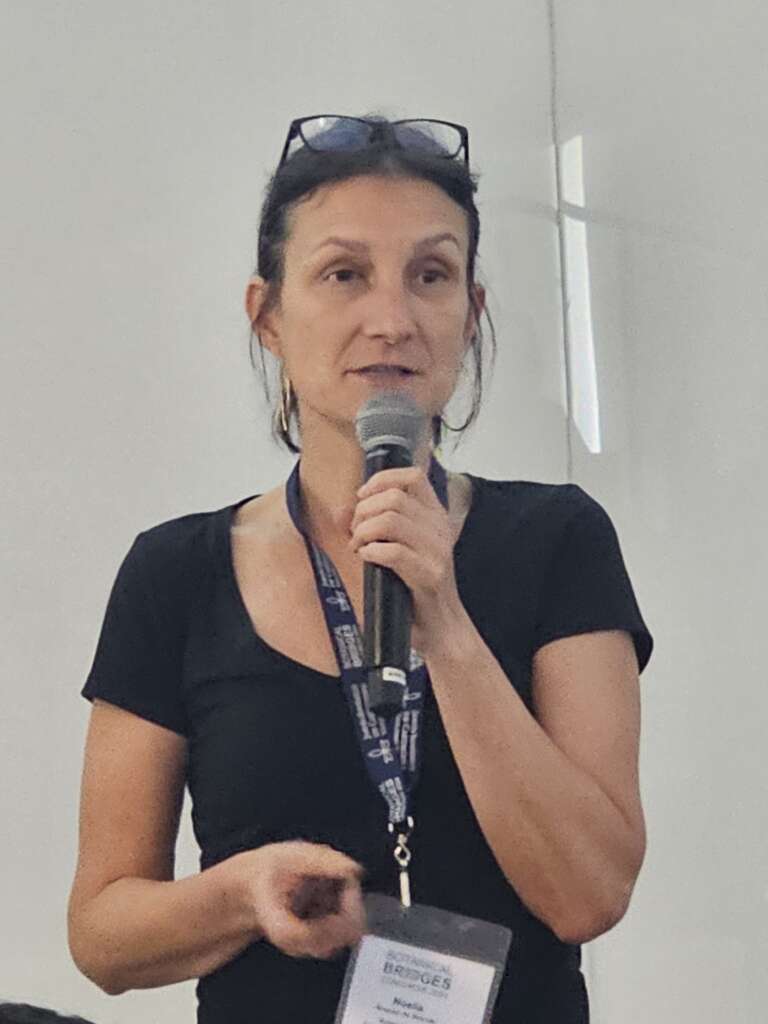
As I reflect on the experiences of the past five days, the conversations, the learning, and the shared commitment to our cause, I am filled with hope. I have met some wonderful people here. Together, under the banner of #BotanicalBridges, we move forward, united in our dedication to plant conservation and the belief that, through collaboration, we can secure the future of our planet’s botanical wonders for generations to come.
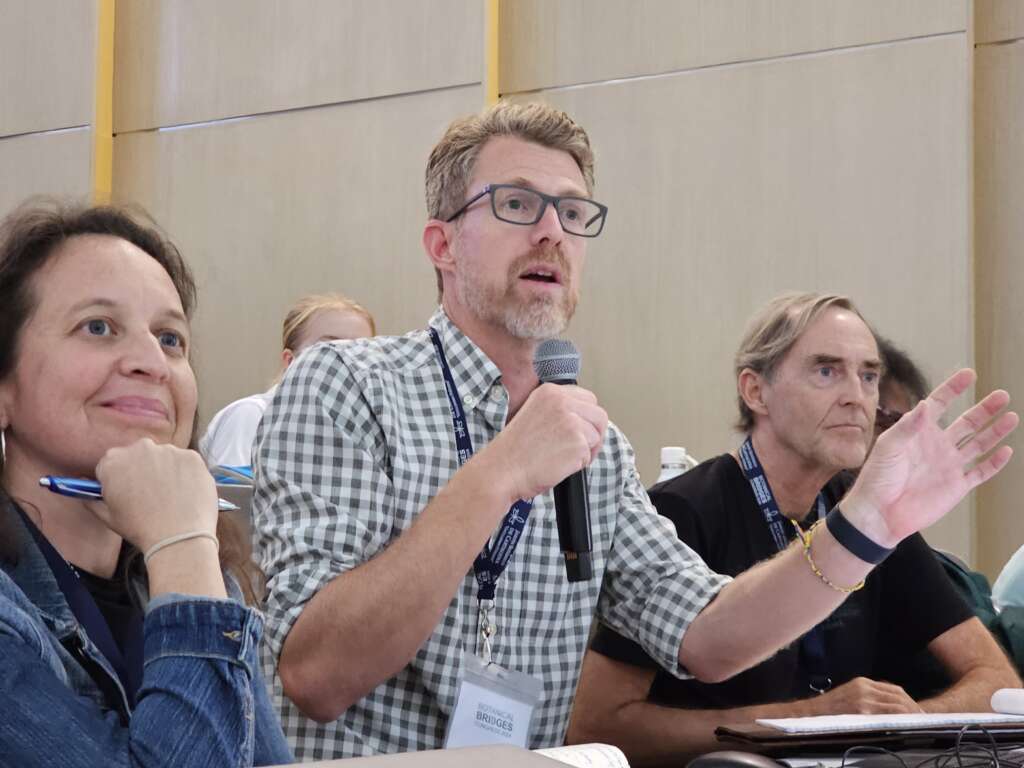
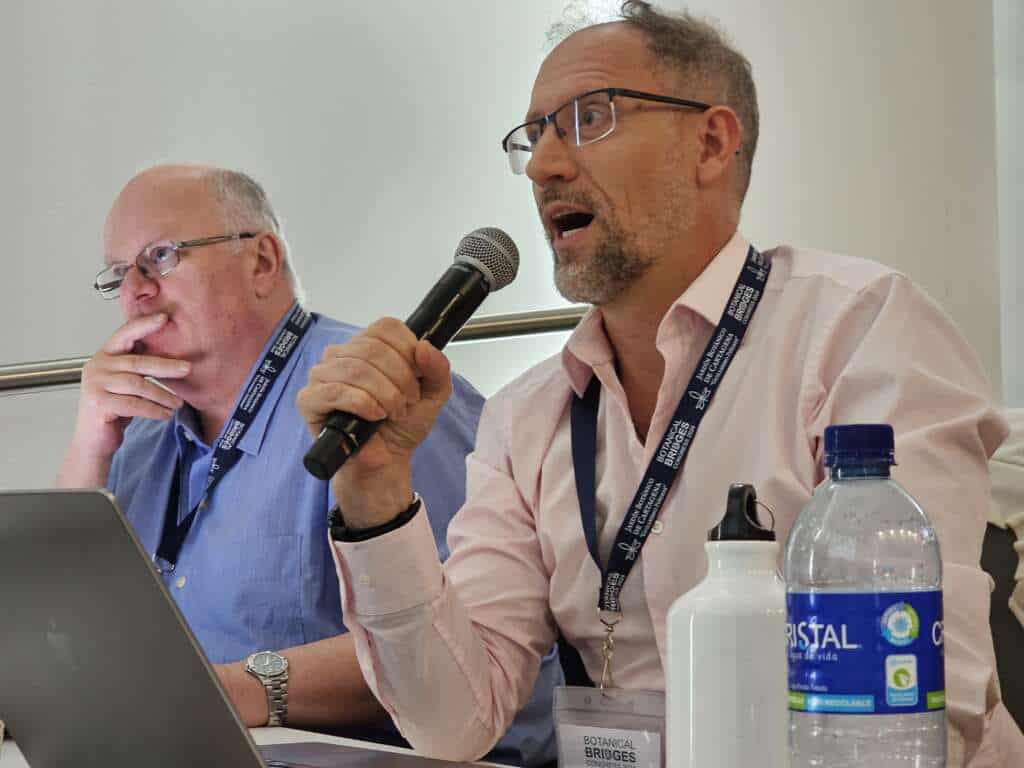
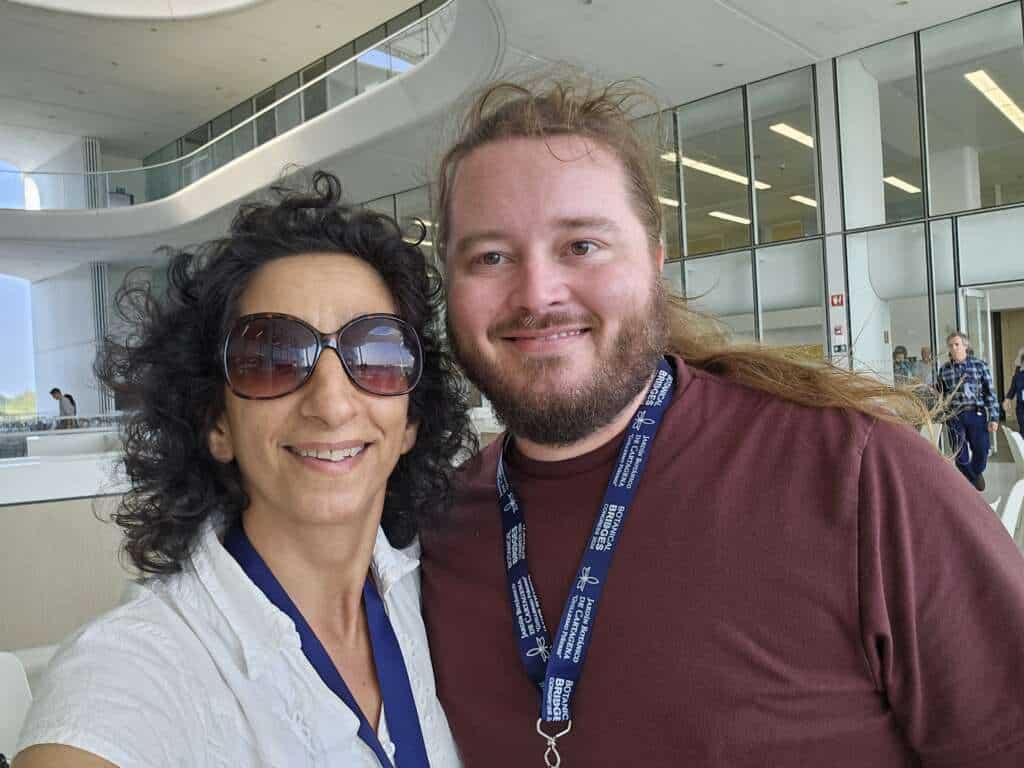
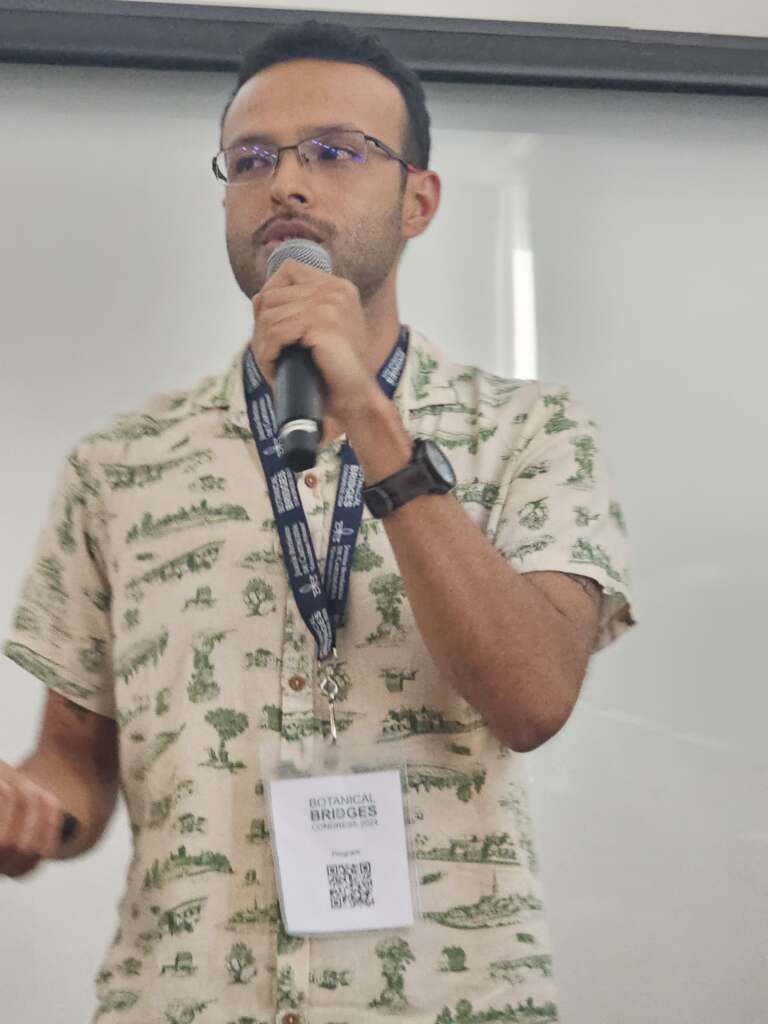
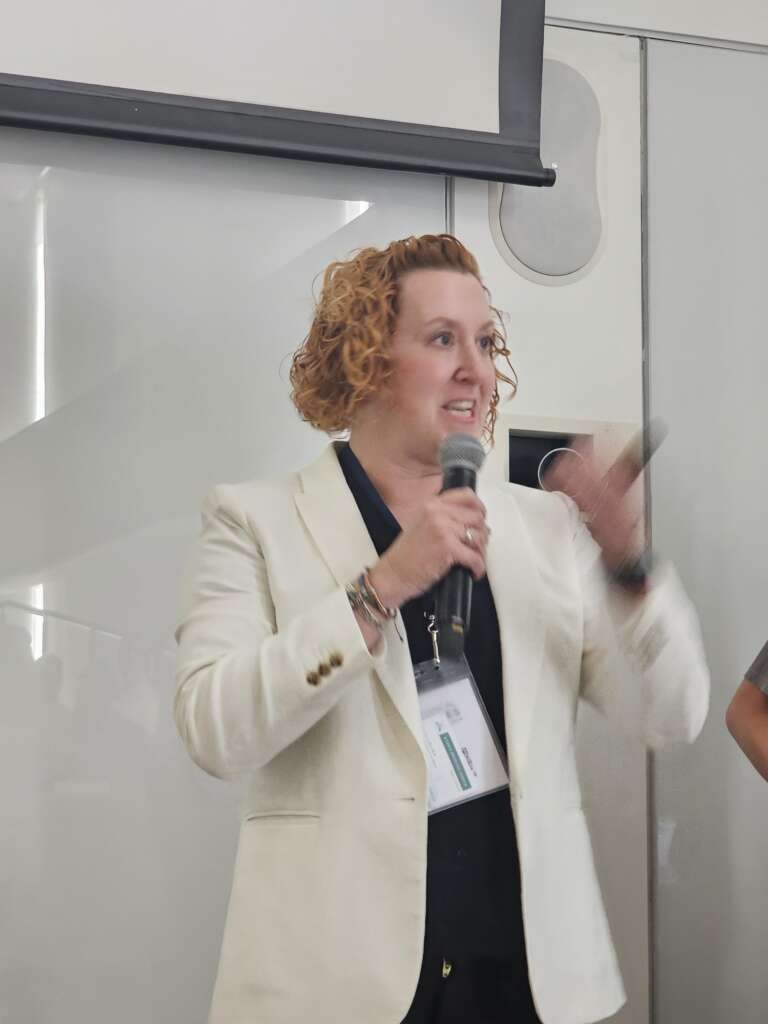
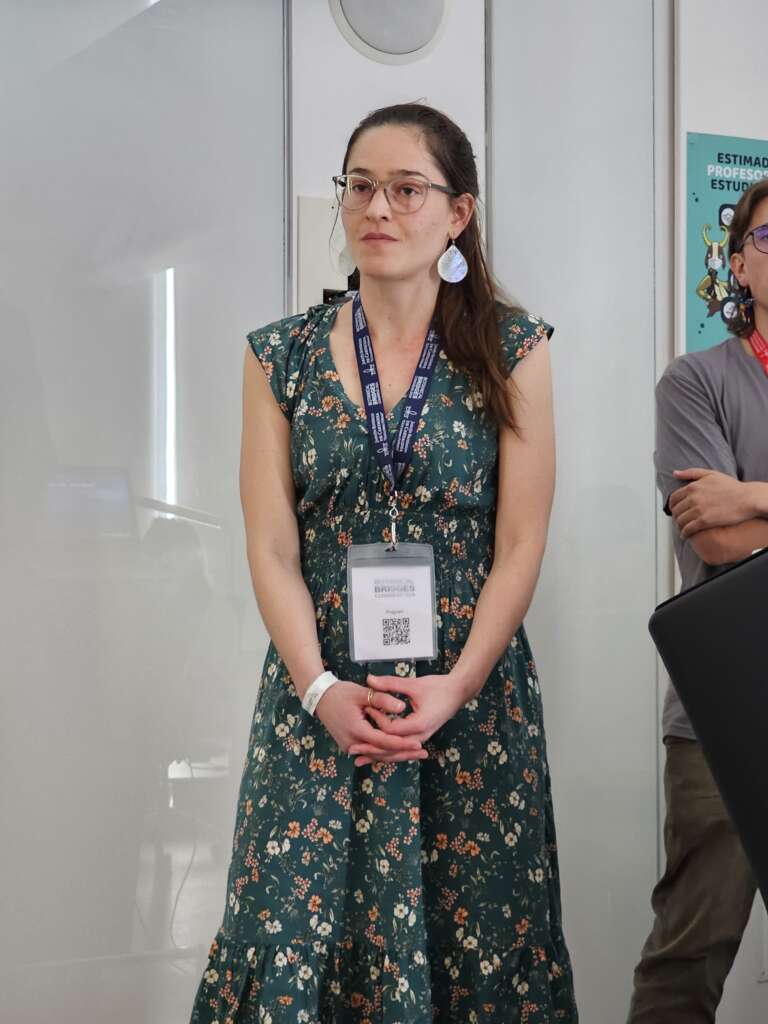
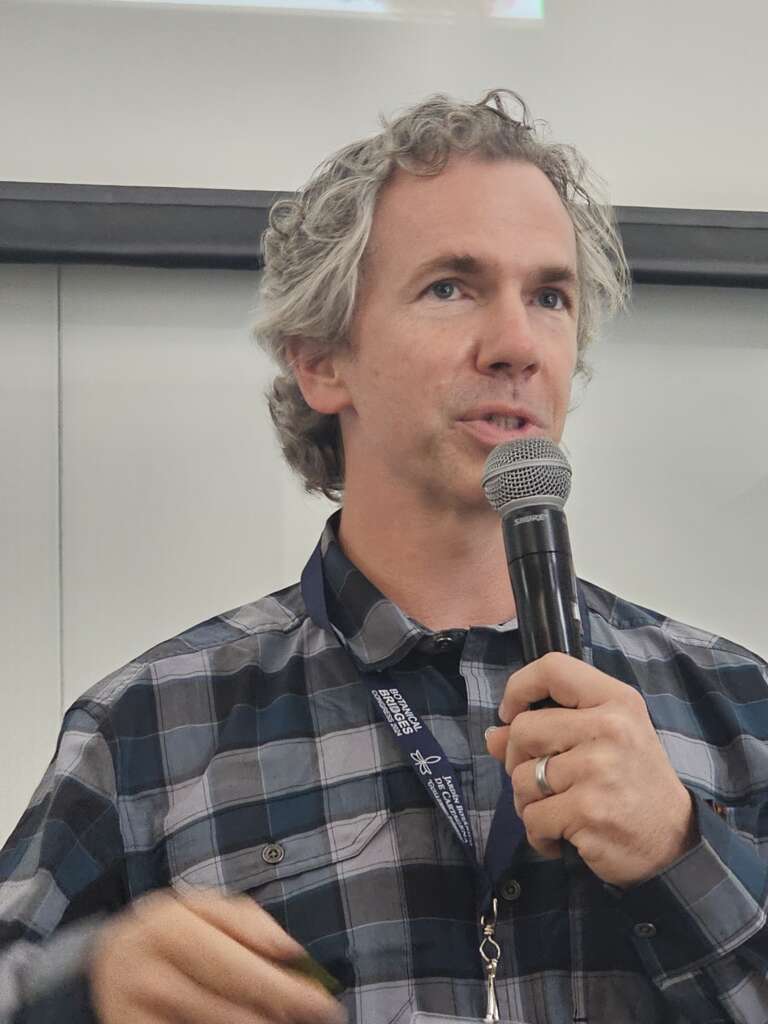
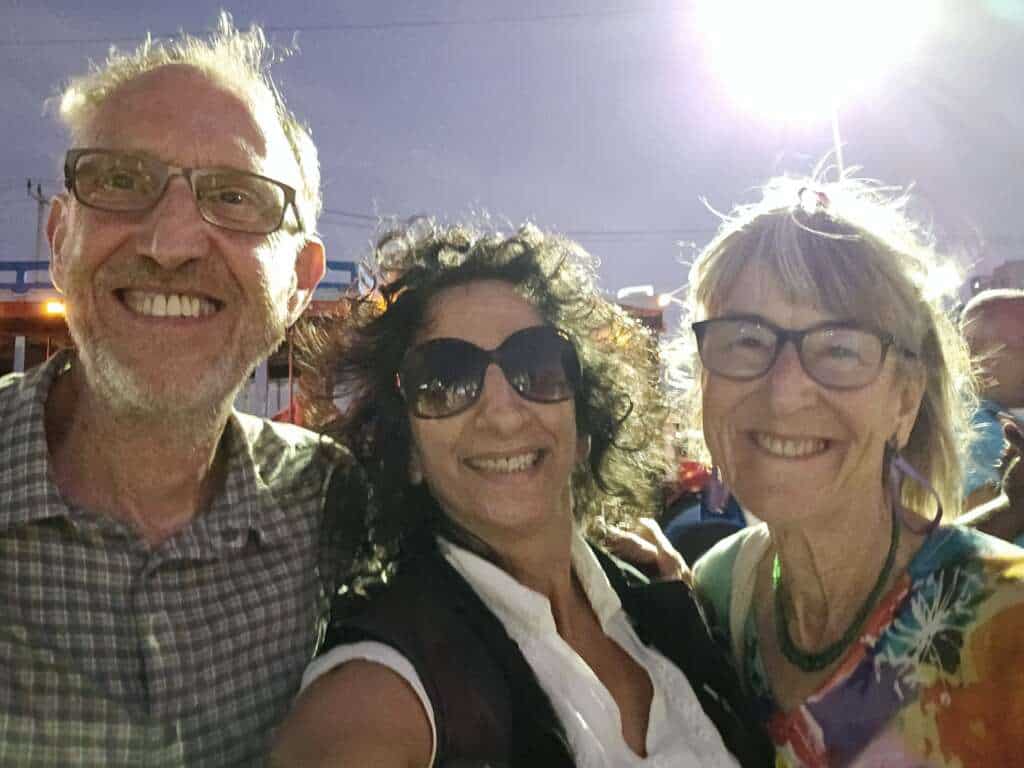
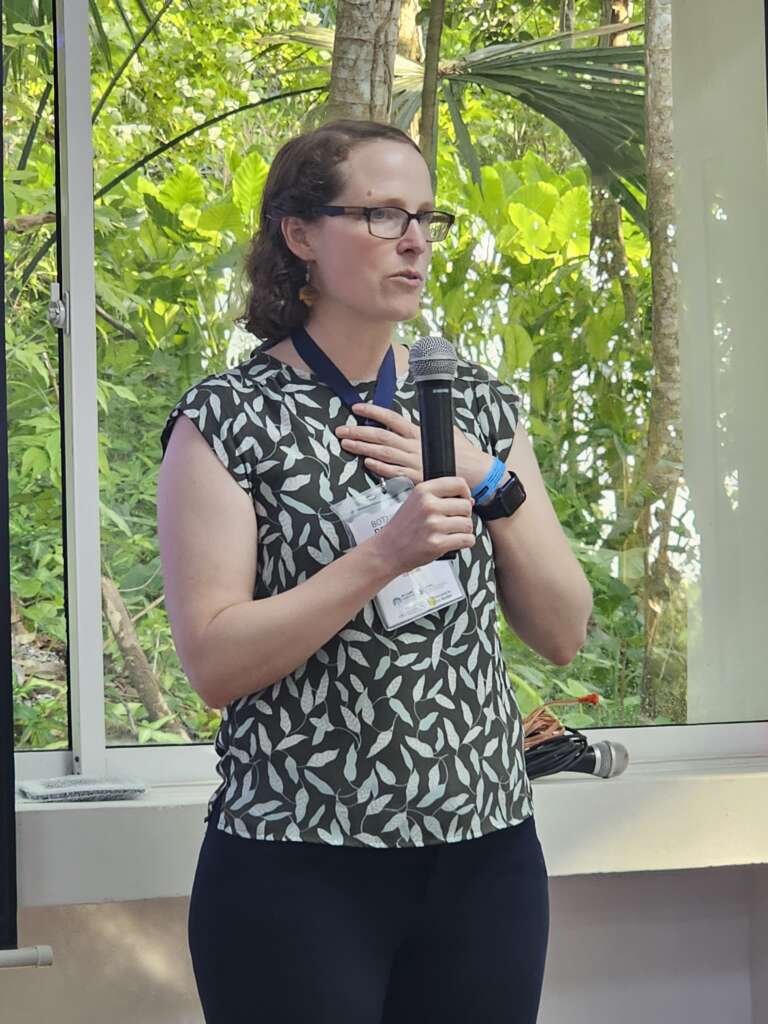
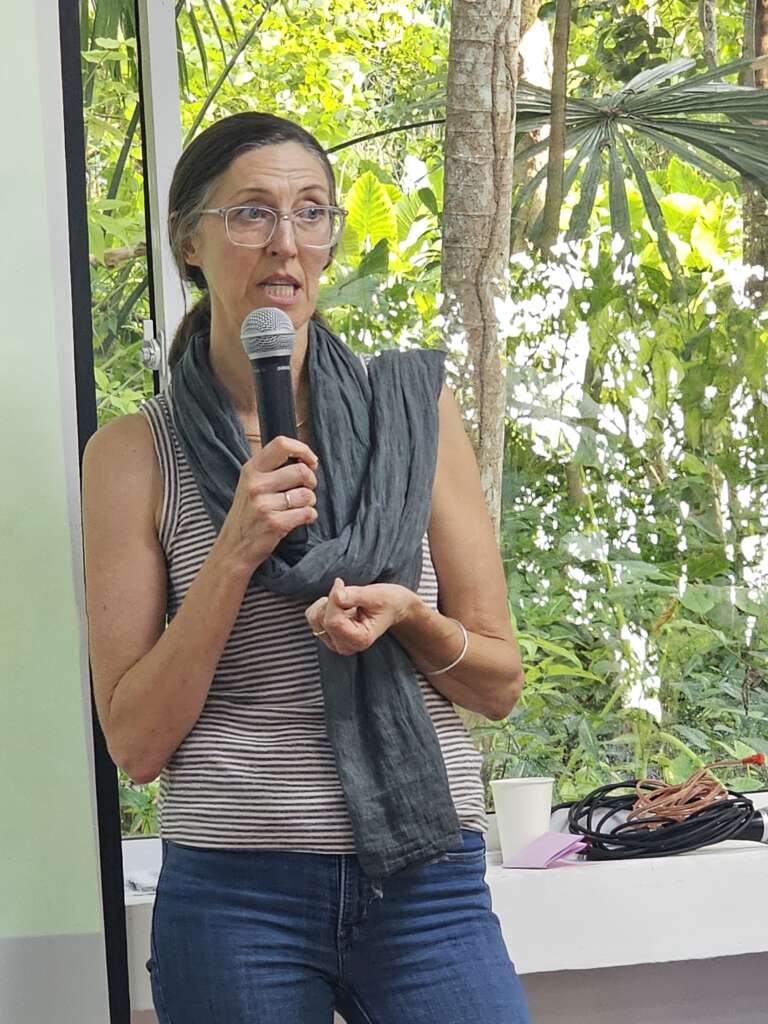
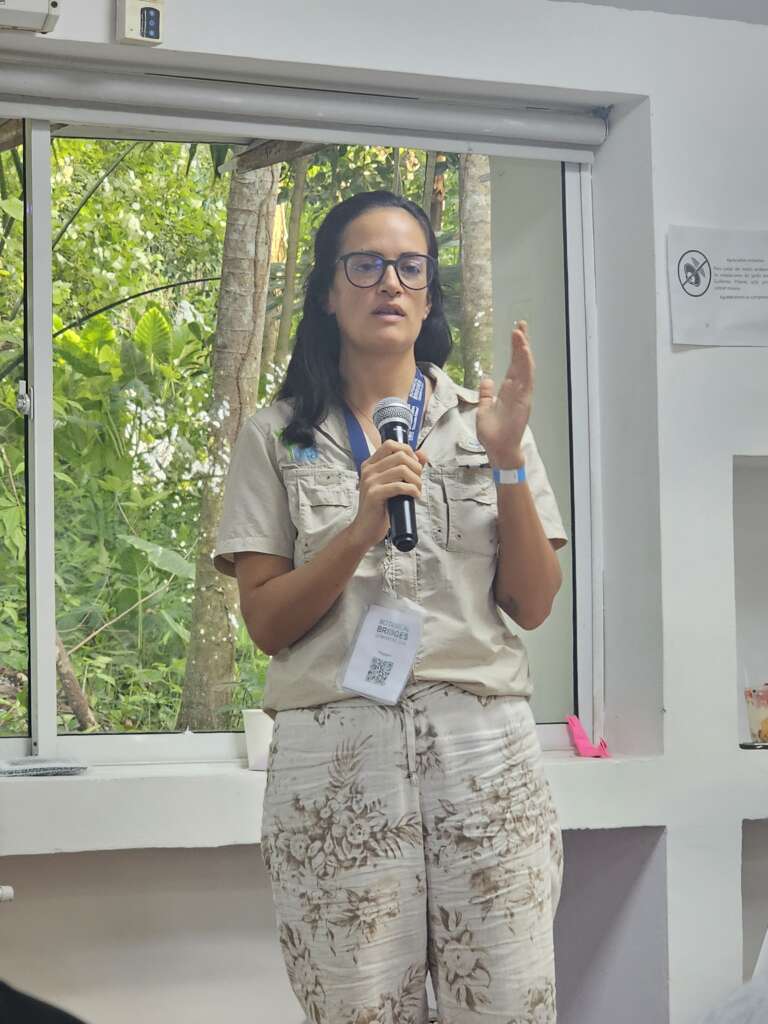
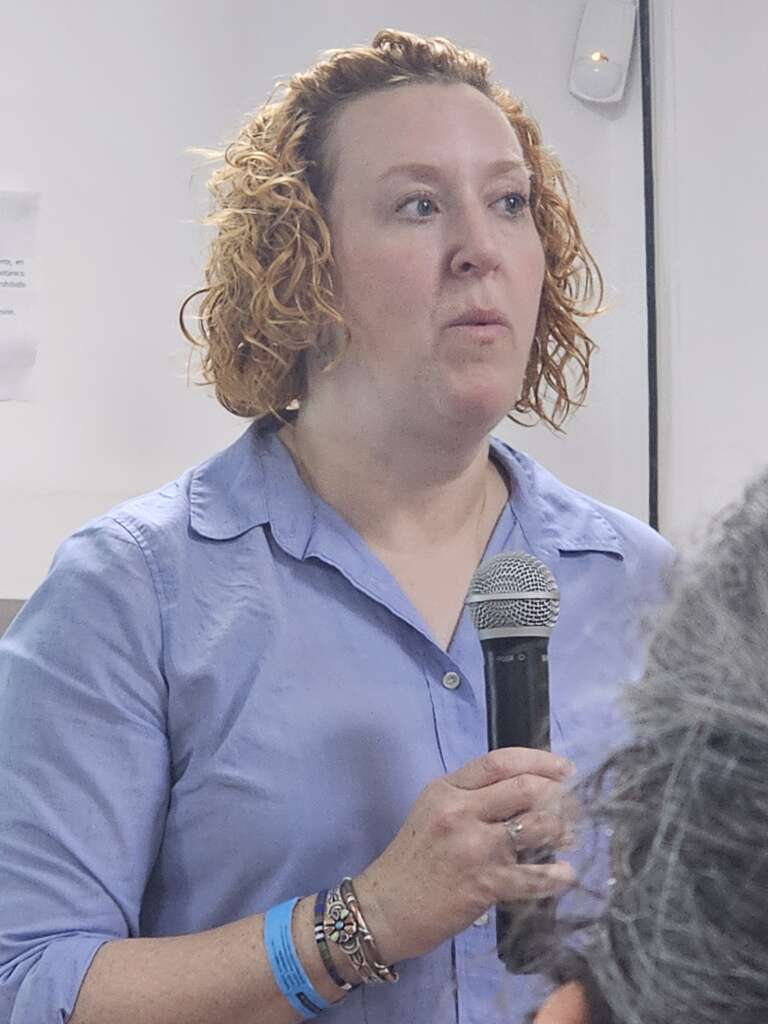
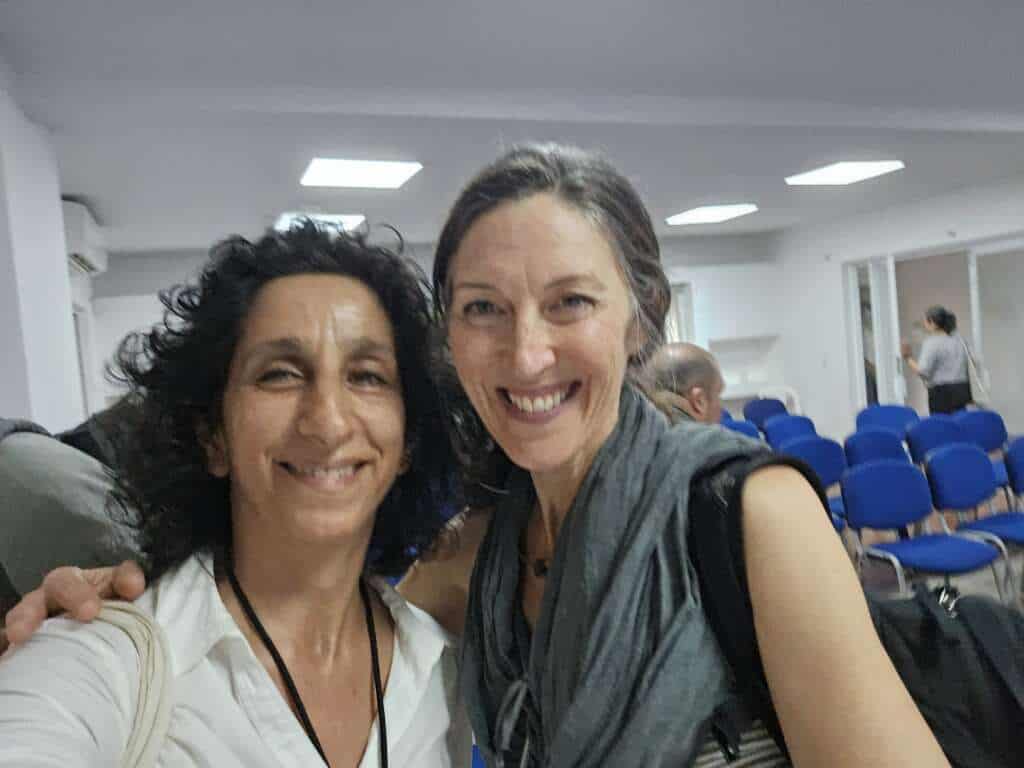
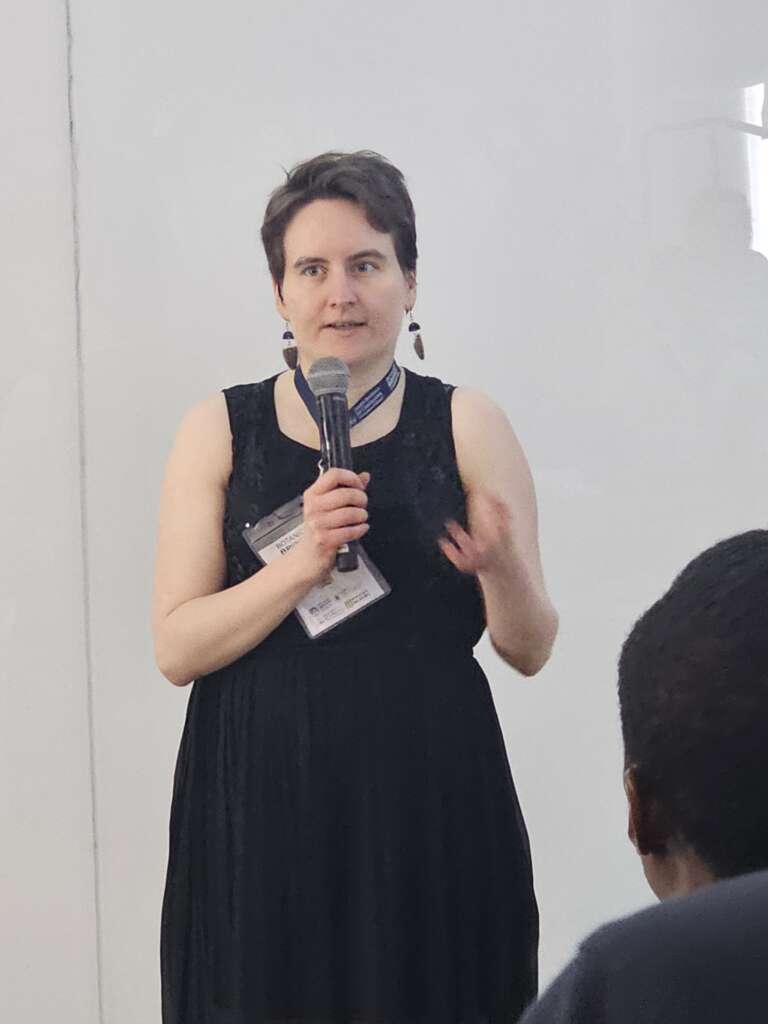
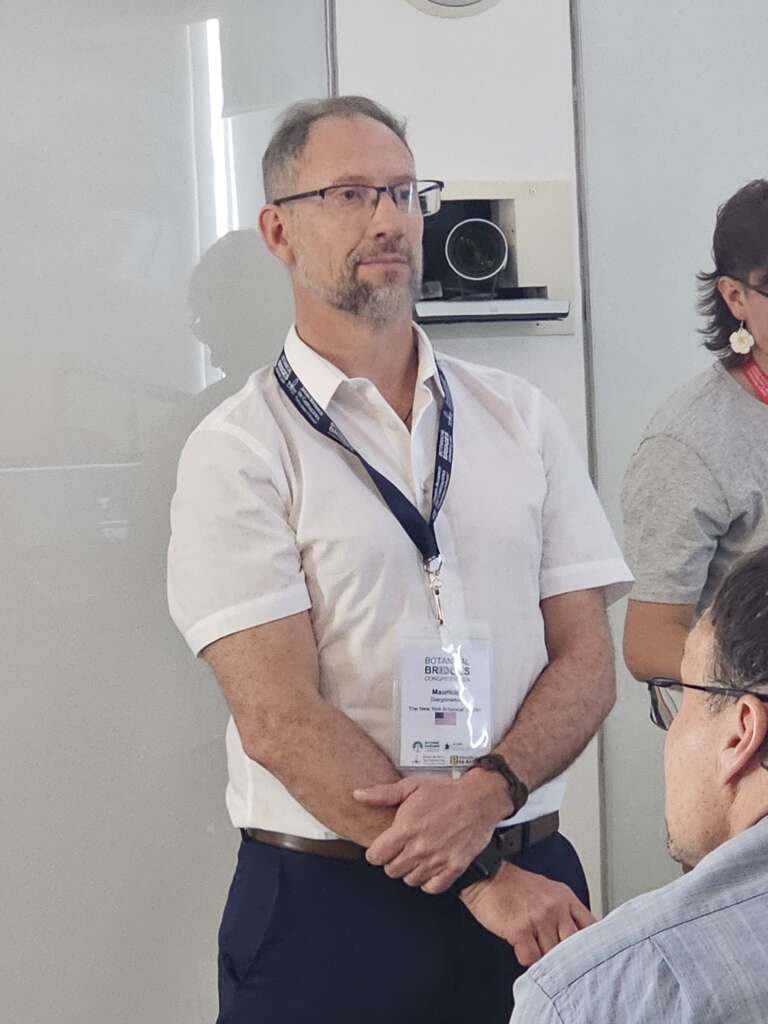
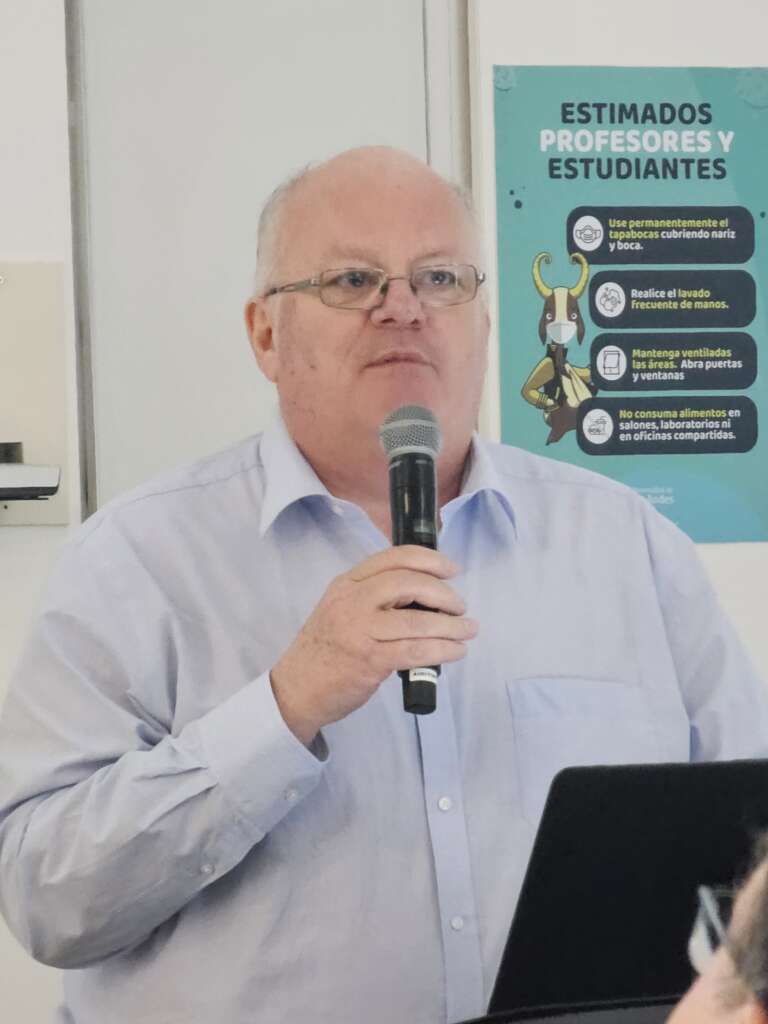
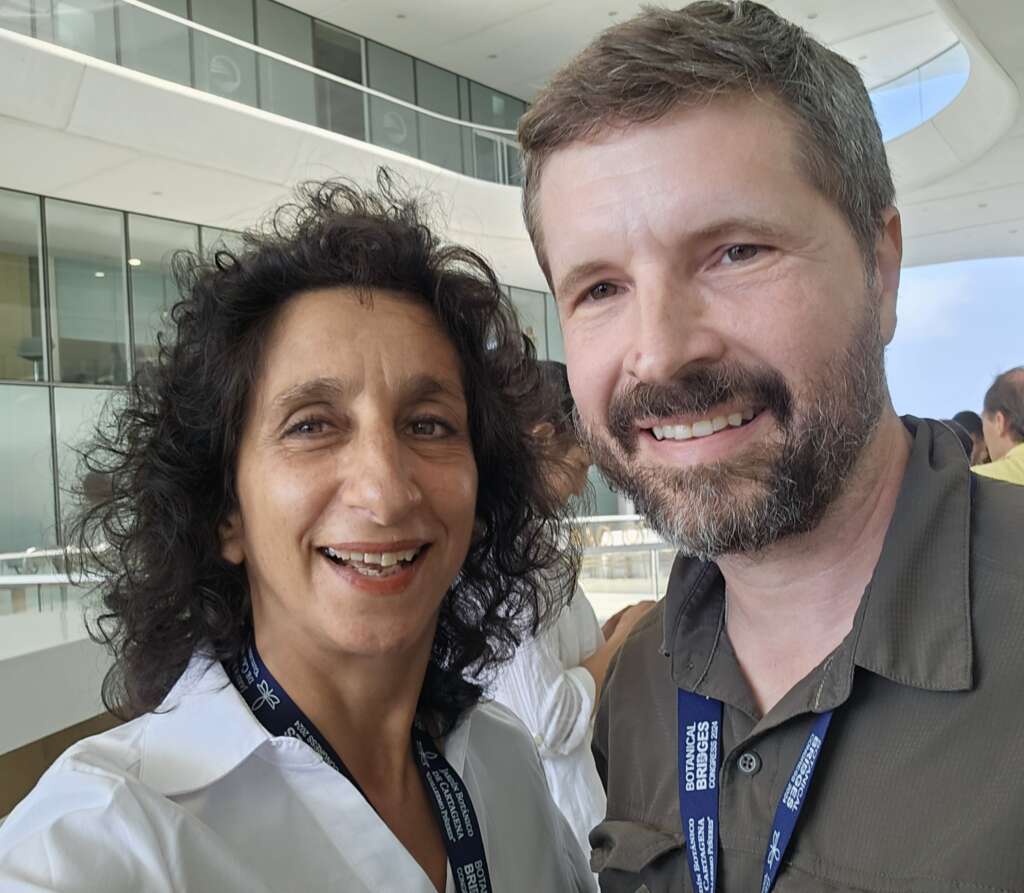
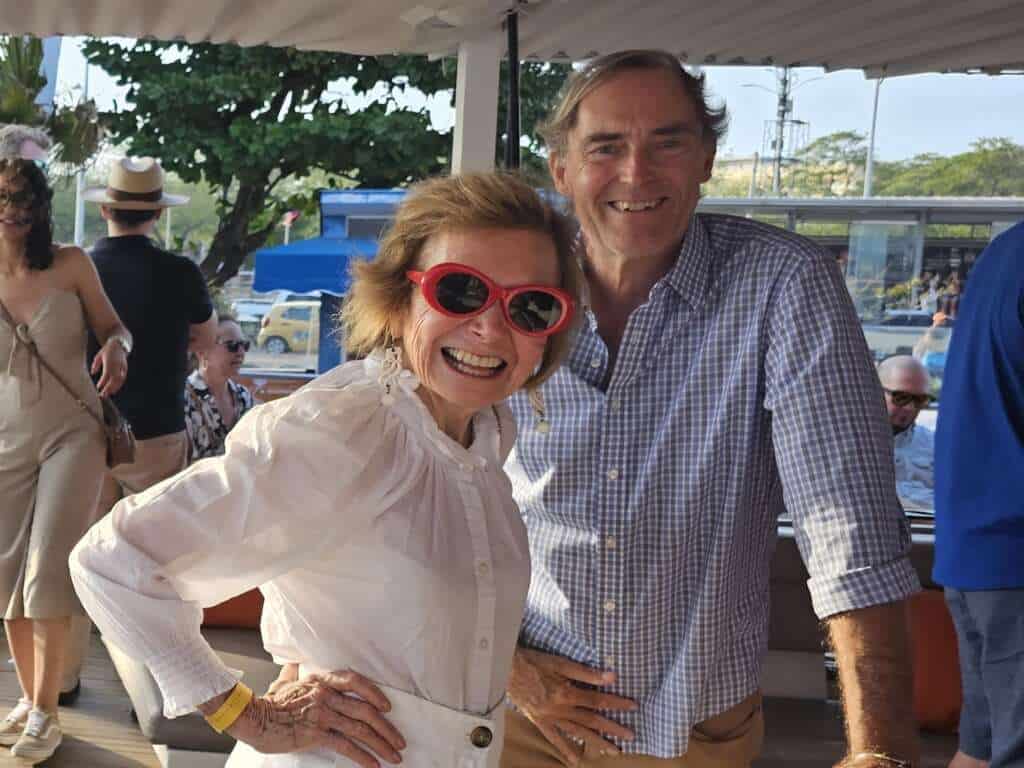
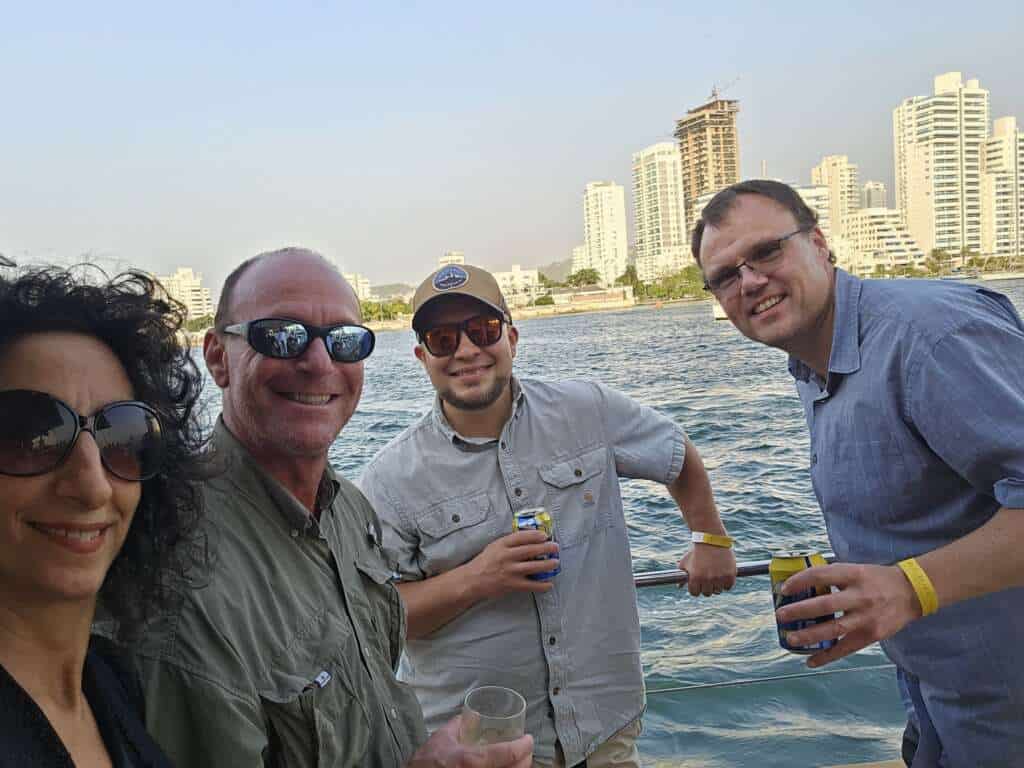
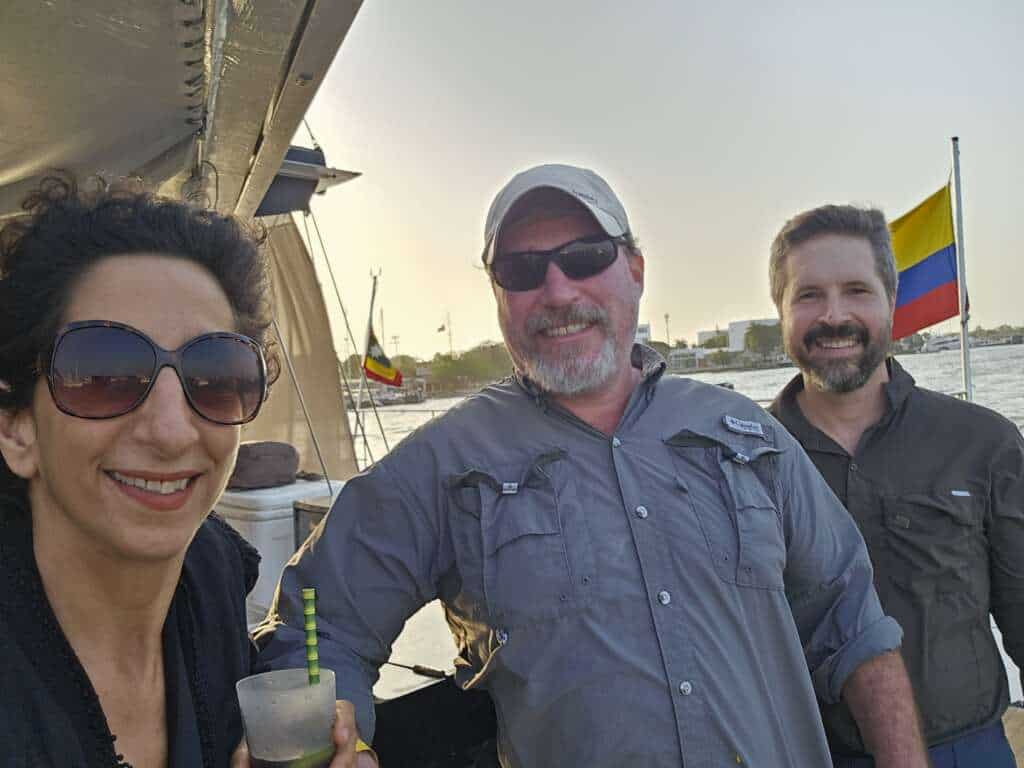
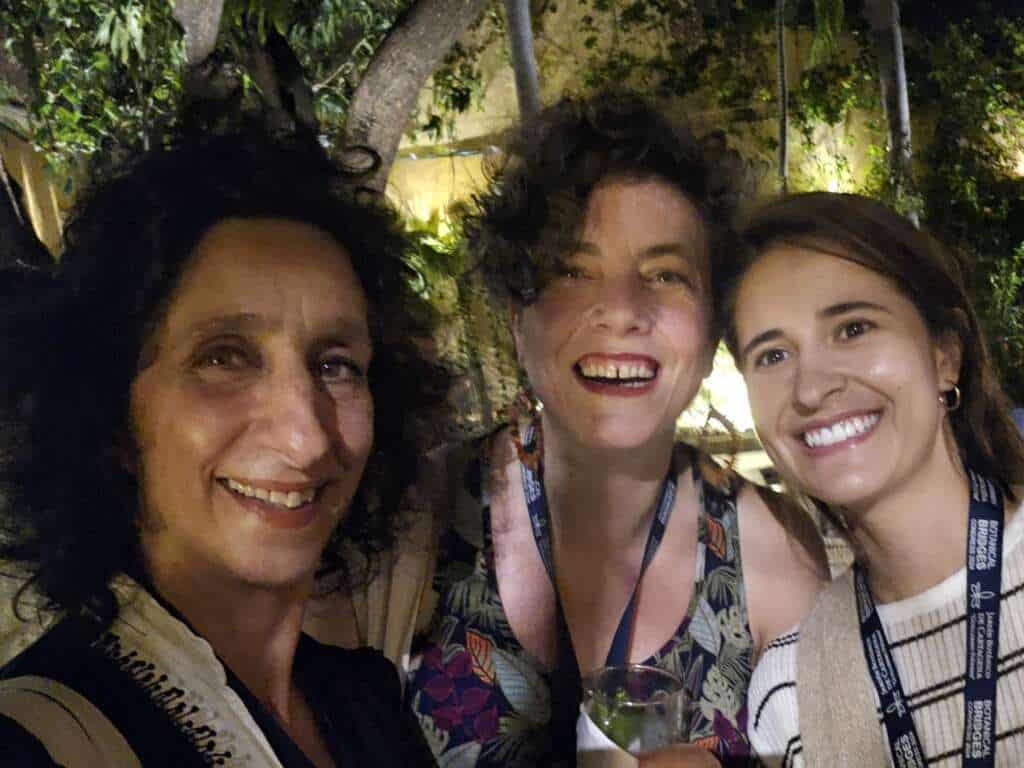
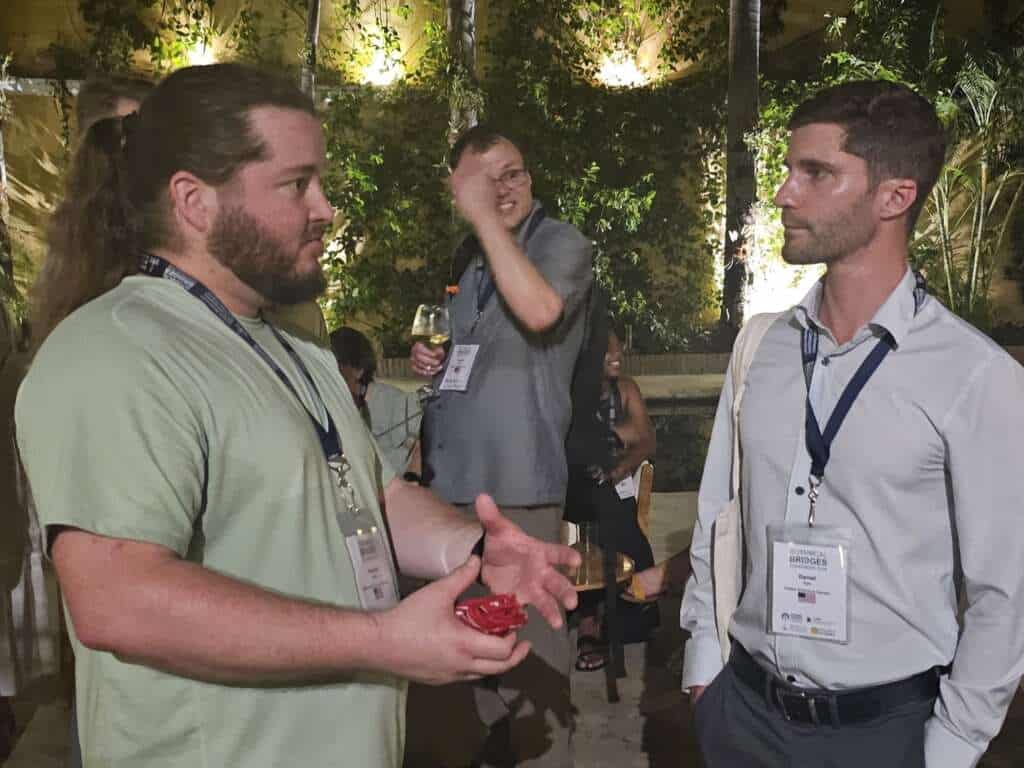
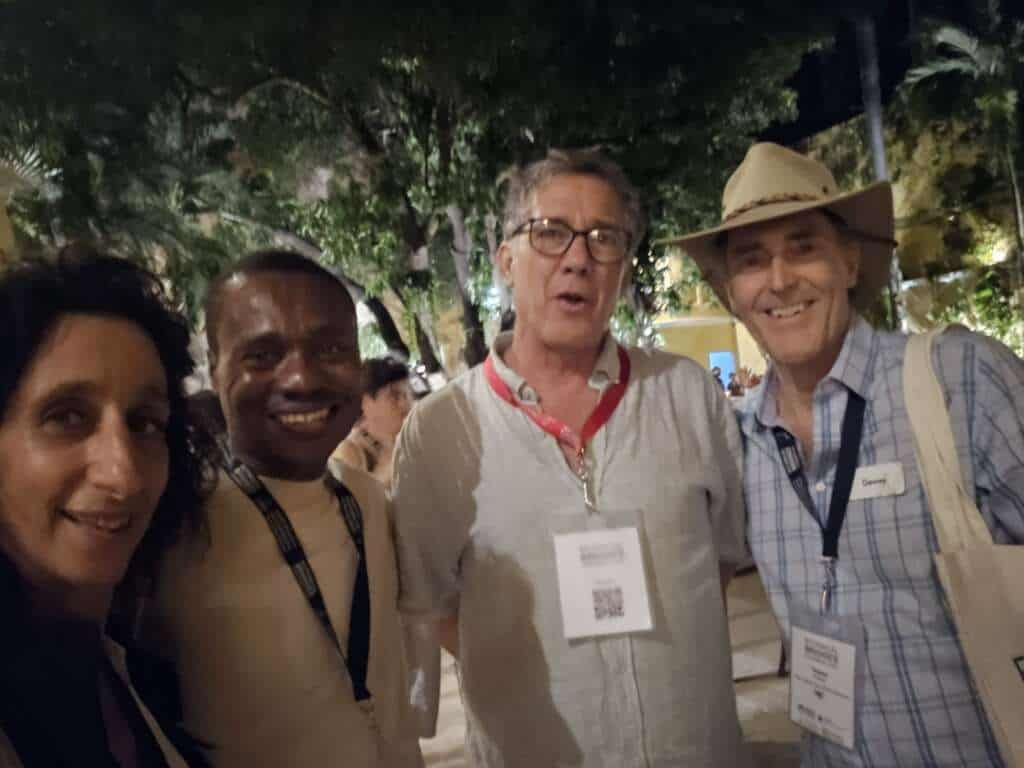
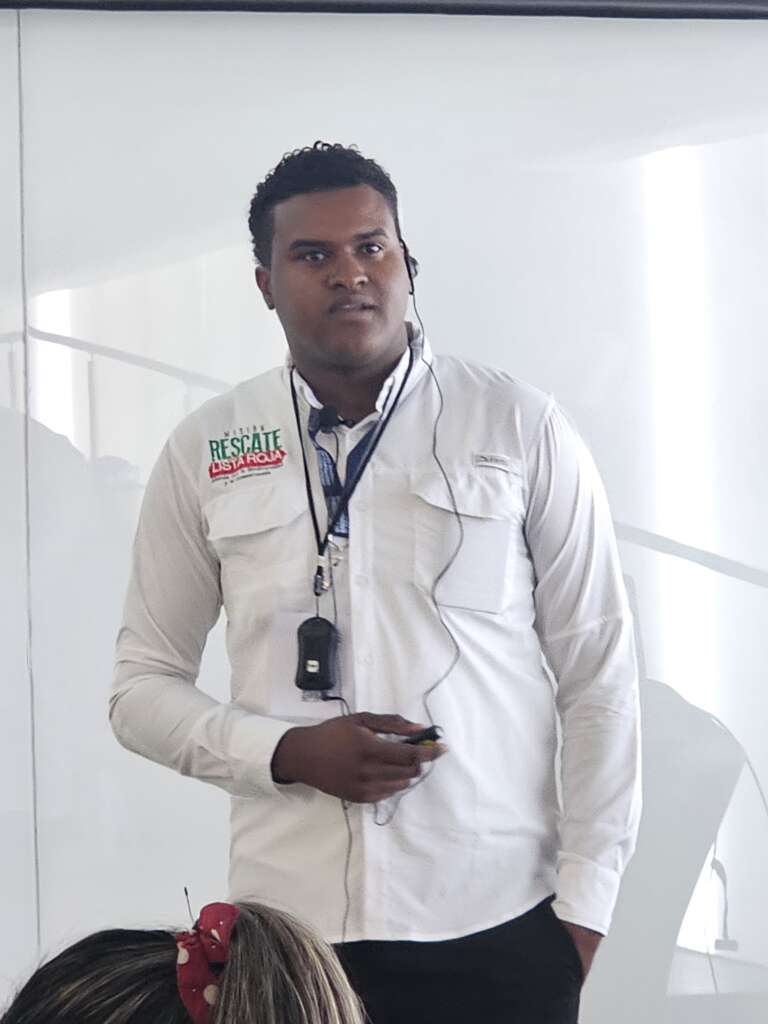
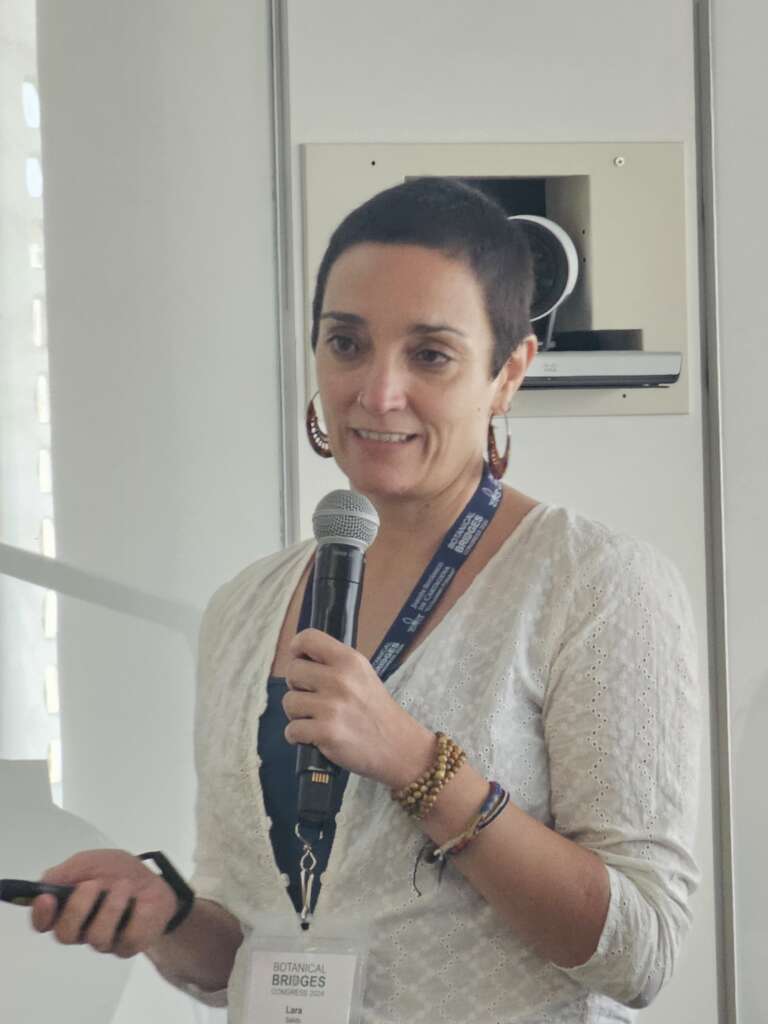
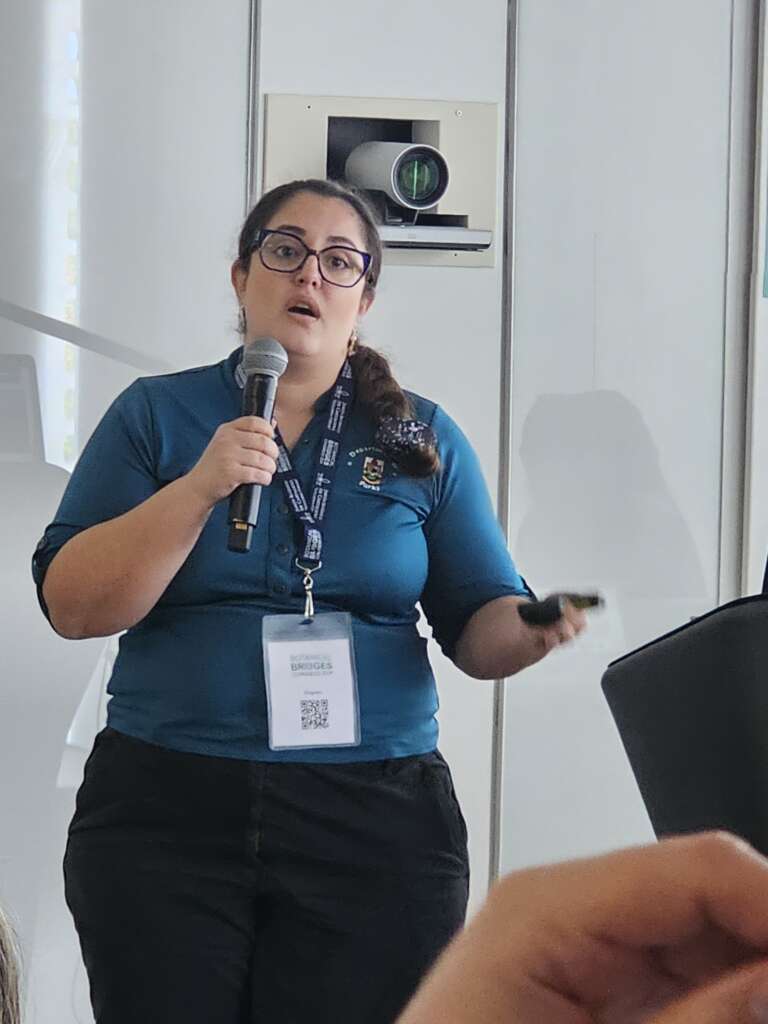
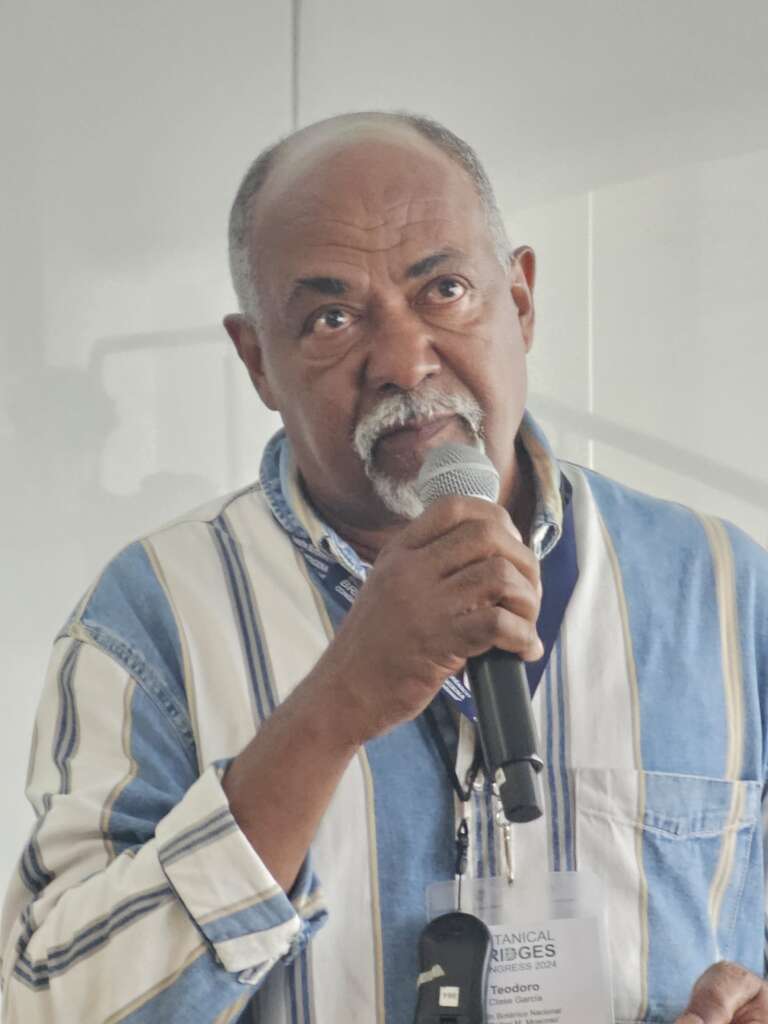
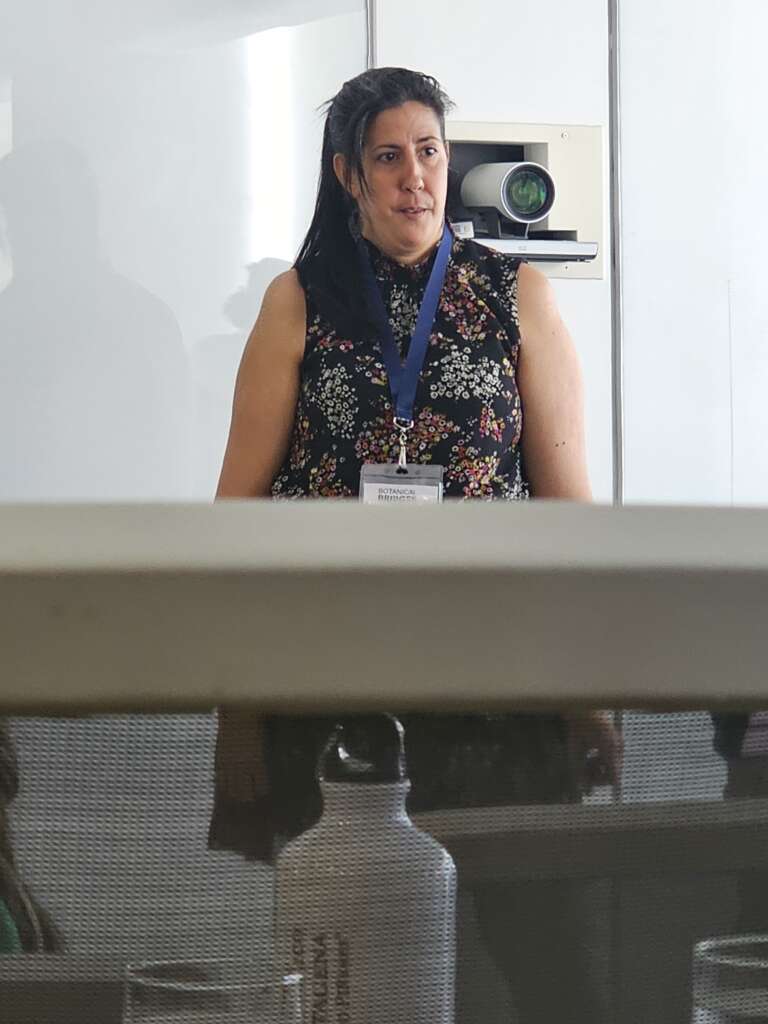
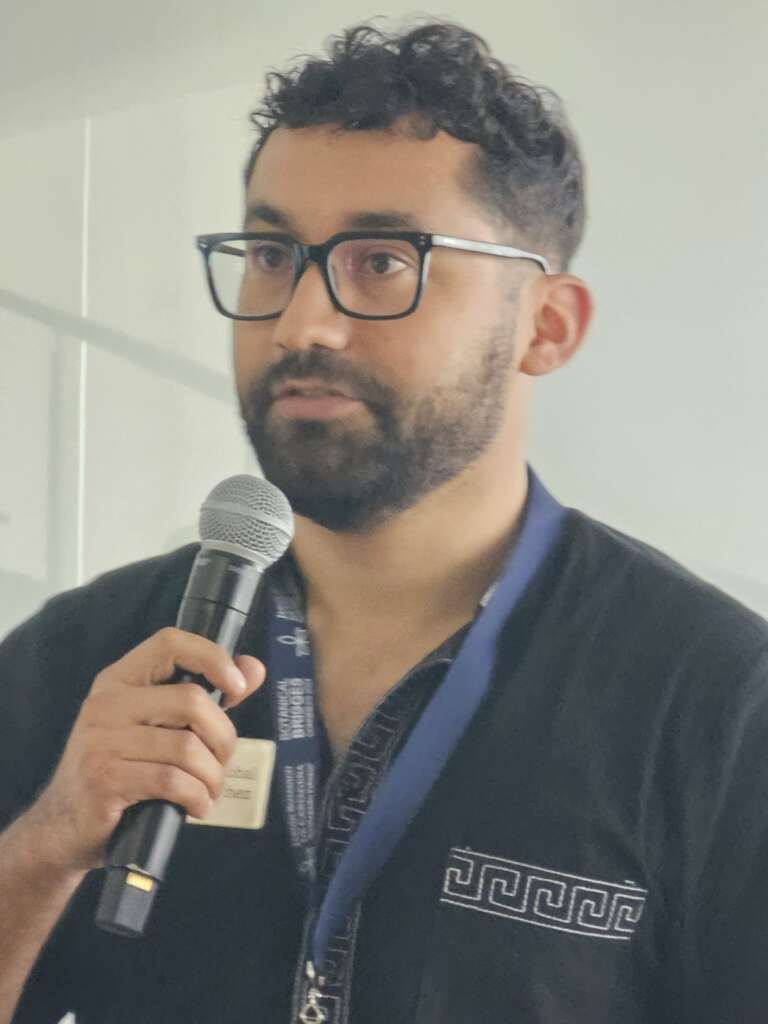
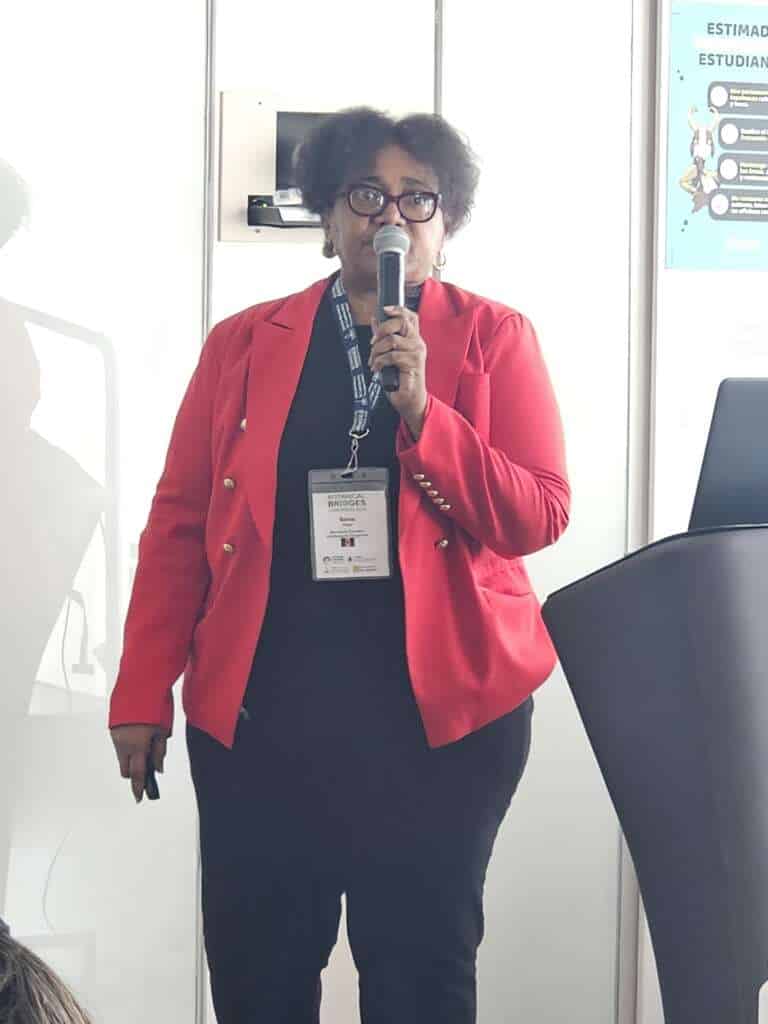
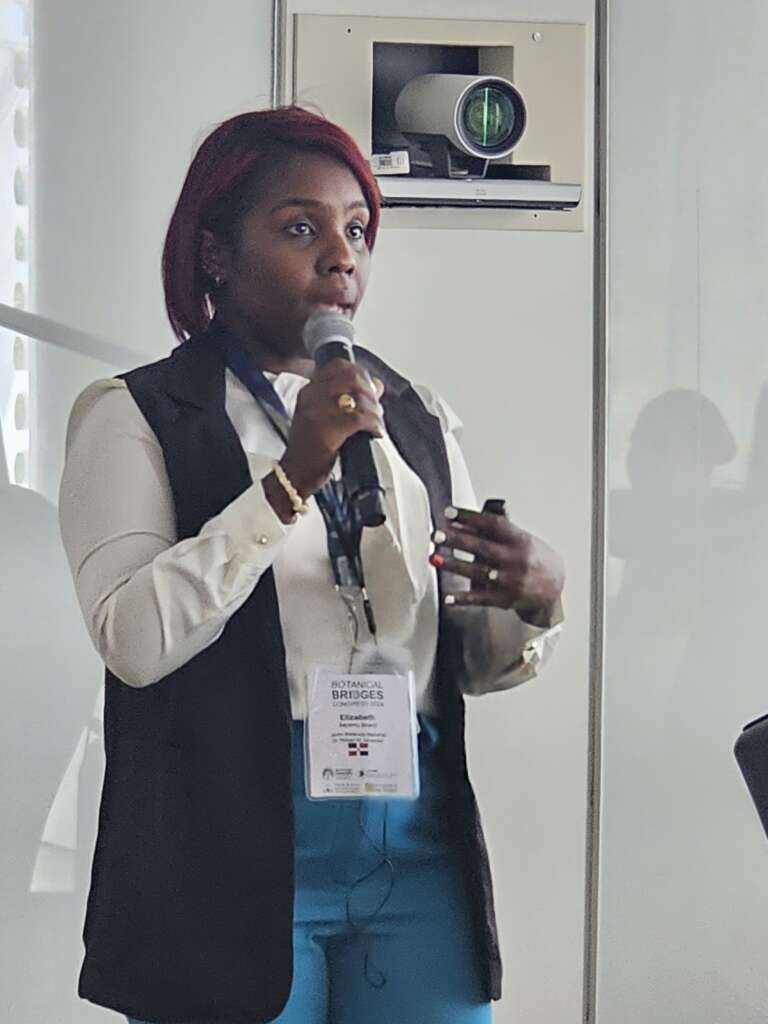
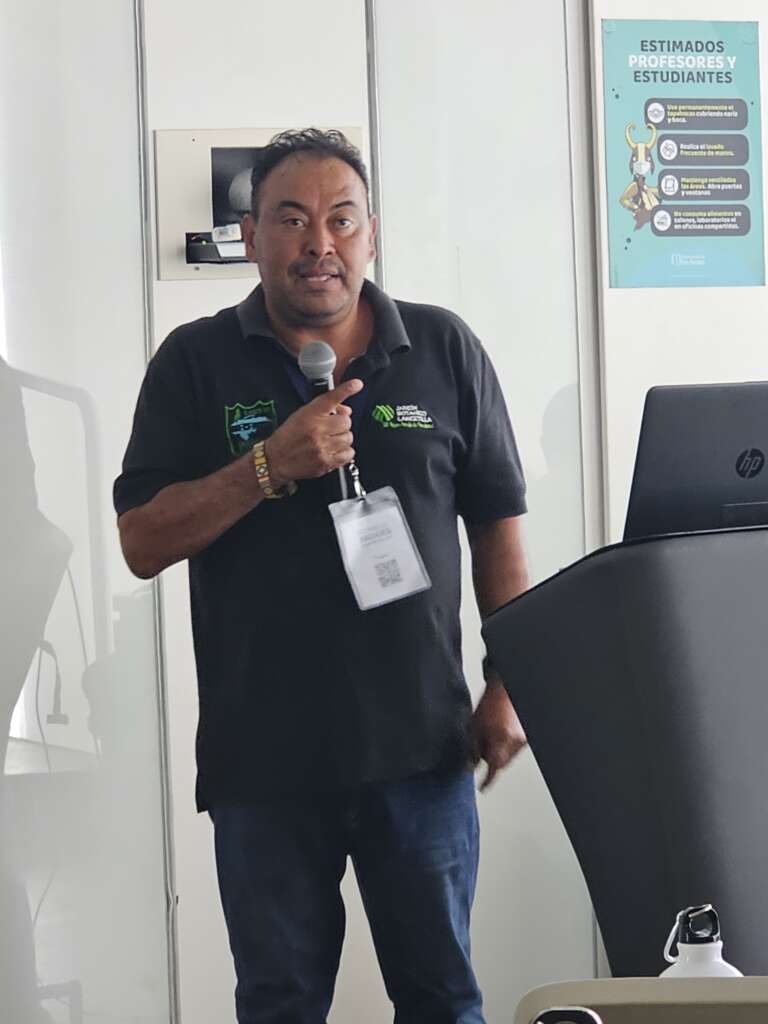
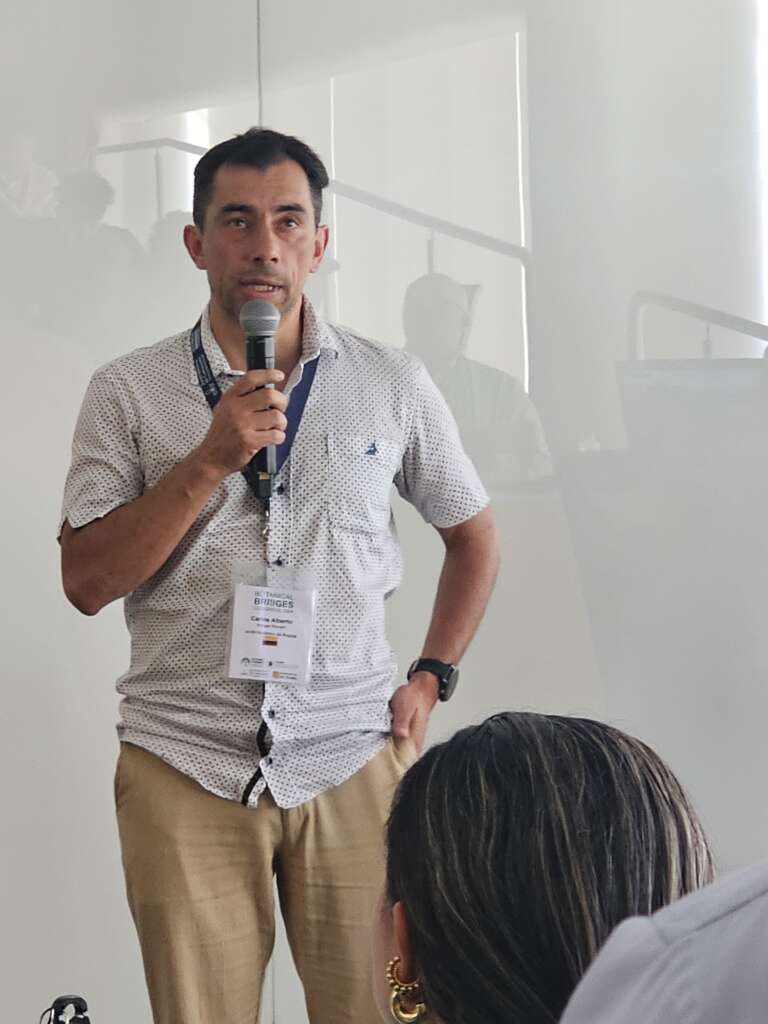
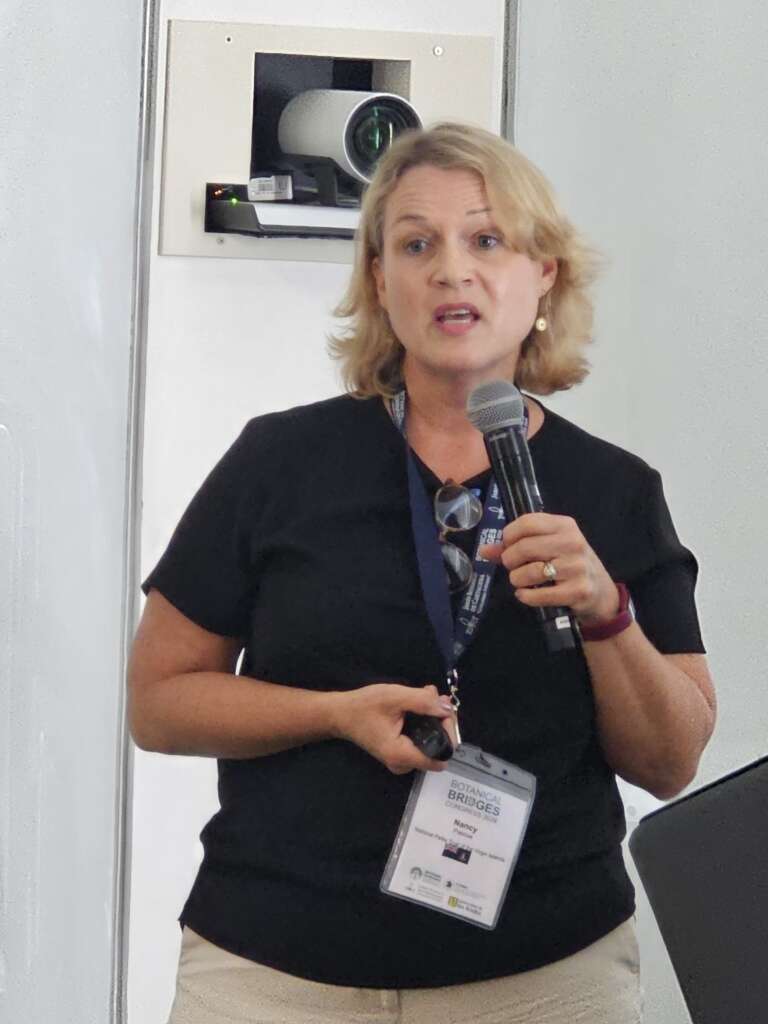
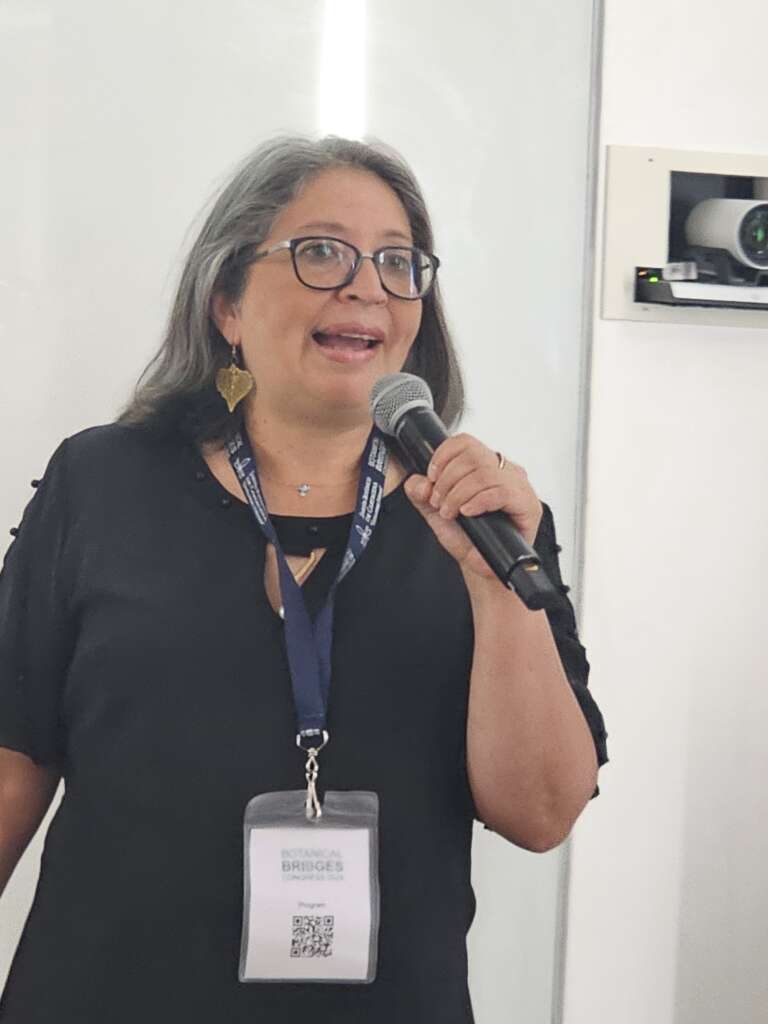
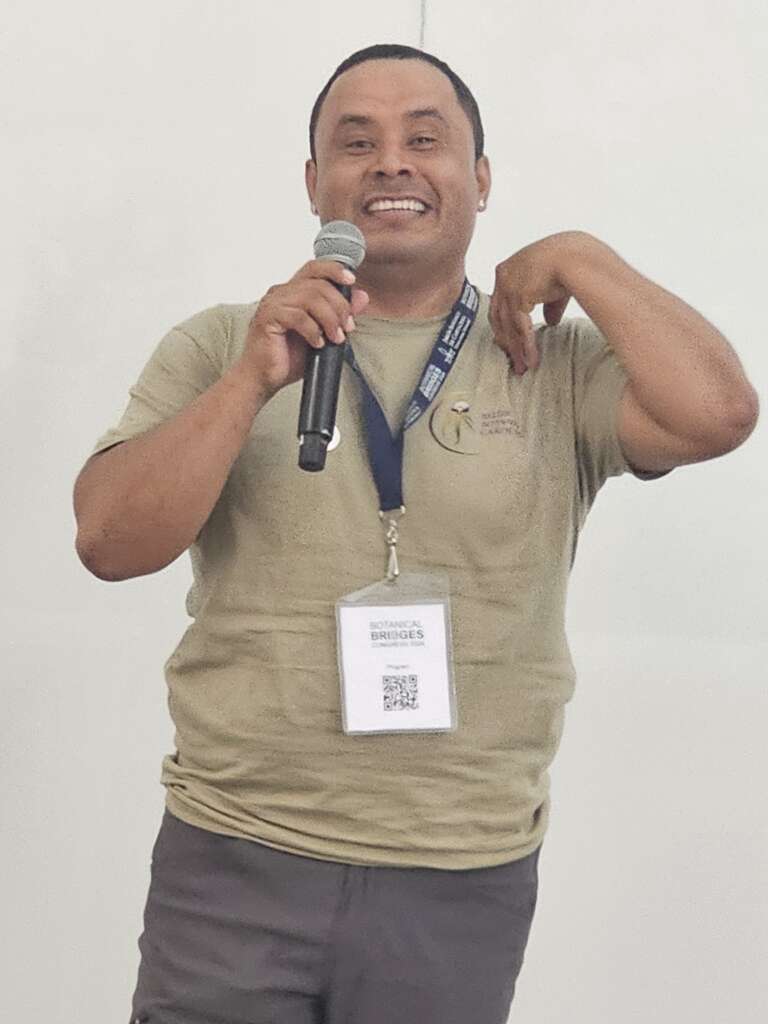
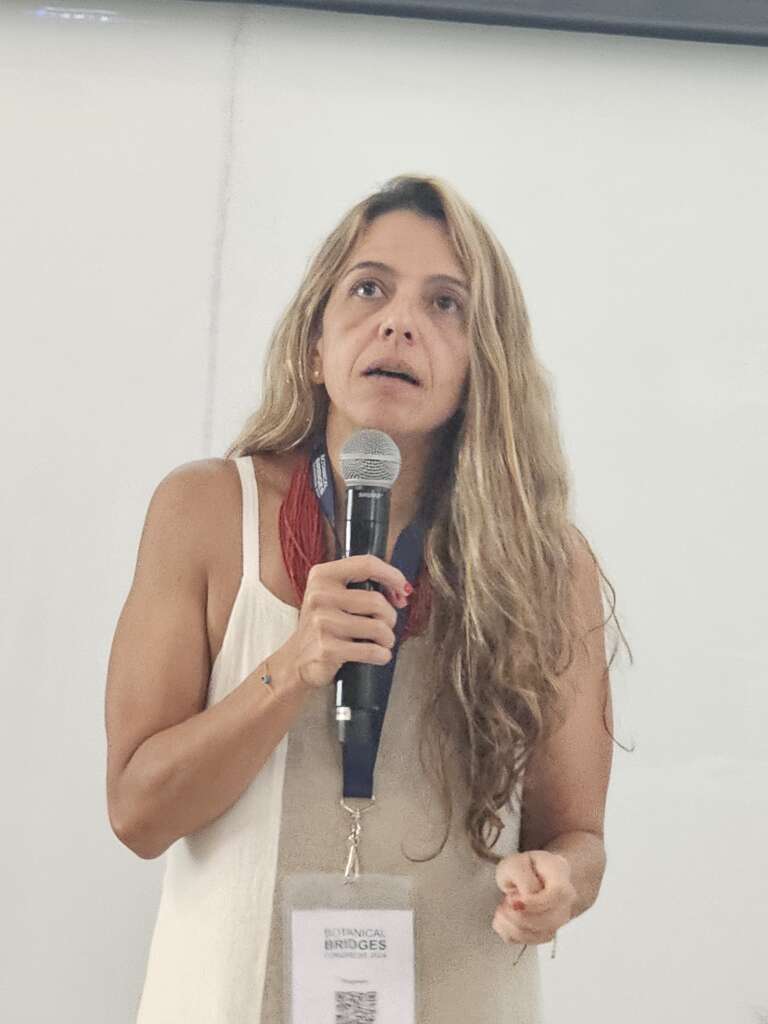
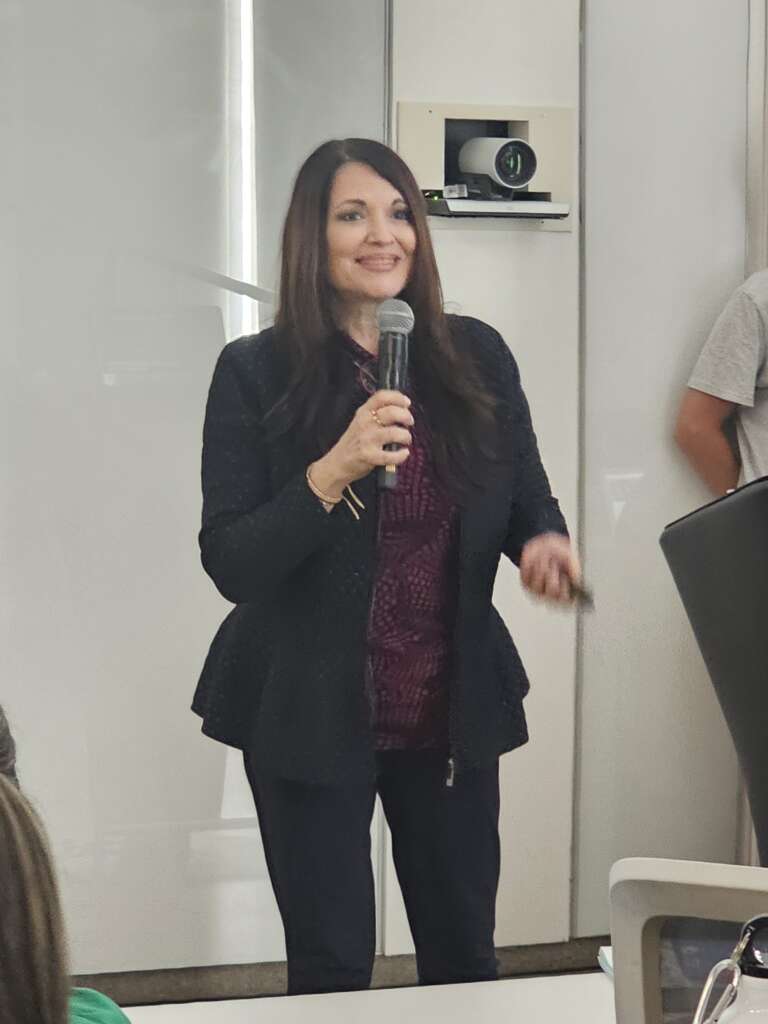
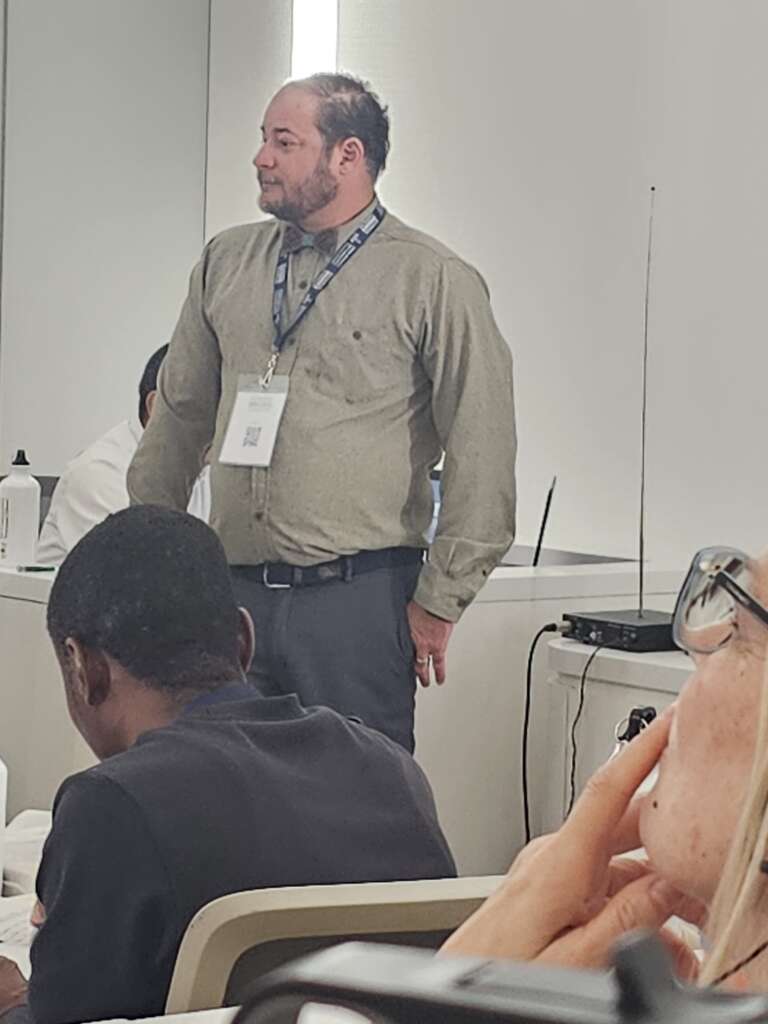
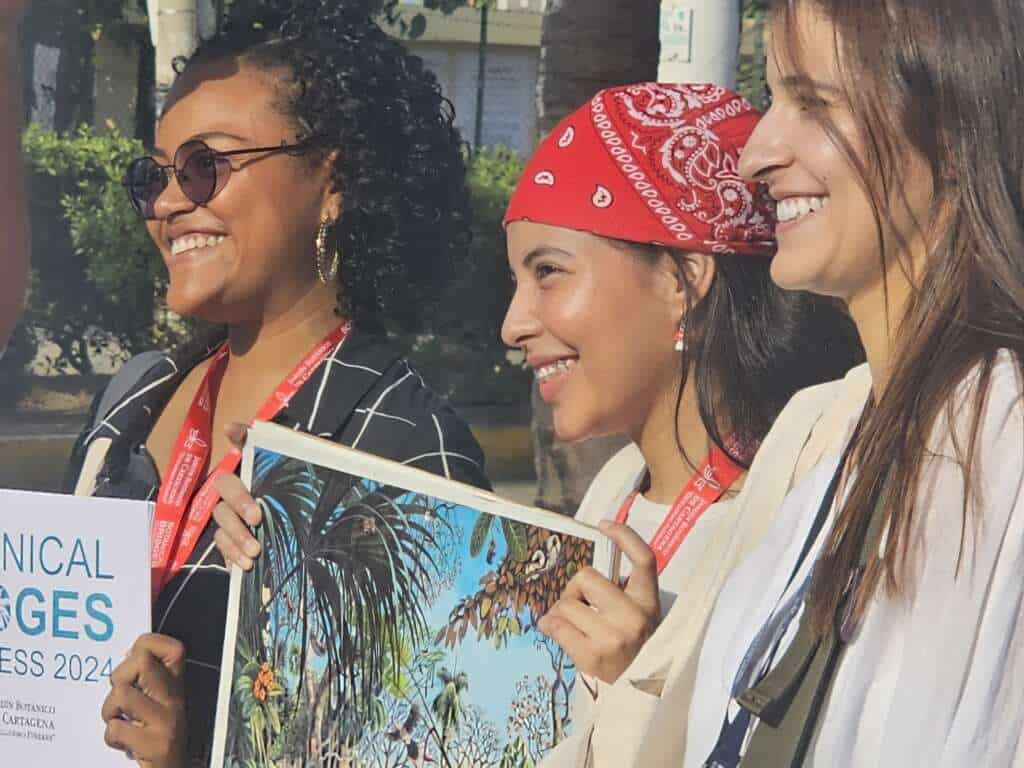
Thank you all!!
